
Explore the top rated Wilton Manors drug rehabs with confidence. We've analyzed each of the 25 addiction treatment centers in Wilton Manors, FL for patient reviews, clinical credentials, transparency, and brand reputation to identify the best rehab programs.
Filter by inpatient, outpatient, detox, health insurance, specialty program and more to quickly find the best drug and alcohol rehab in Wilton Manors.Our Methodology
Rehab Score
Our Rehab Score is designed to make it easier for you to find the best treatment centers. We combine overall ratings with recent feedback to create a score that reflects a center's quality right now.
.
Insurance details are not available for this location.
| Name / Address / Rating | Description | Treatments / Programs / Payment Options | Review / Contact | Images | |
|---|---|---|---|---|---|
Wilton Manors, FL | The Way Home Treatment Center is a rehab facility located in Wilton Manors, FL. The Way Home Treatment Center specializes in the treatment of Substance Abuse. We can help you or your loved one with an addiction to: Heroin, Cocaine, Crack, Methamphetamine, Benzodiazepines, Opioids, Alcohol, Hallucinogens, Designer Drugs, Inhalants, and any other ill | Treatments Programs Payment Options | My overall experience was pretty good. My therapist Bobbi and Matt’s process groups were my favorite.
Krystyna Petrie
3 months ago
I had a good time at the way home treatment center and learned a lot. Matt and Bill really helped me a lot in my recovery journey. I am very thankful. I would definitely recommend the way home treatment center to others. Thanks for everything 🙏🏼
britt vickery
3 months ago
This is a paid testimonial. Matt was my therapist. A little pushy, that guy, but he cares. The owners, Eileen, Rochelle, and the rest — they're at the center every day and I love them. This is all work, no play. This isn't an extended stay. Not your typical center. You get out what you put in, so if you really care about changing your life, this is the way to go.
Daquan
3 months ago
| 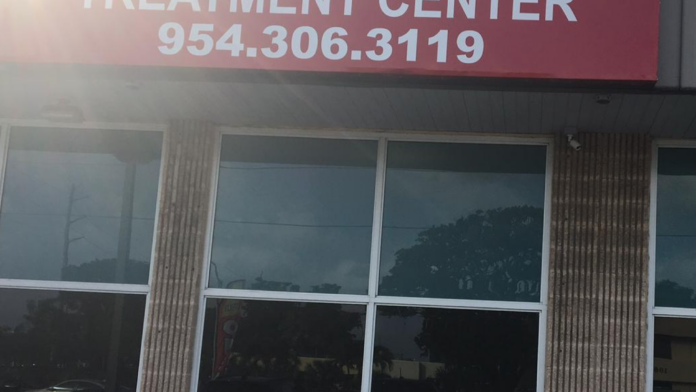
4 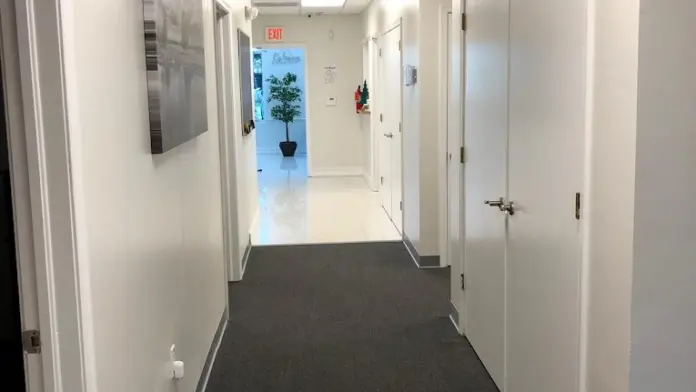
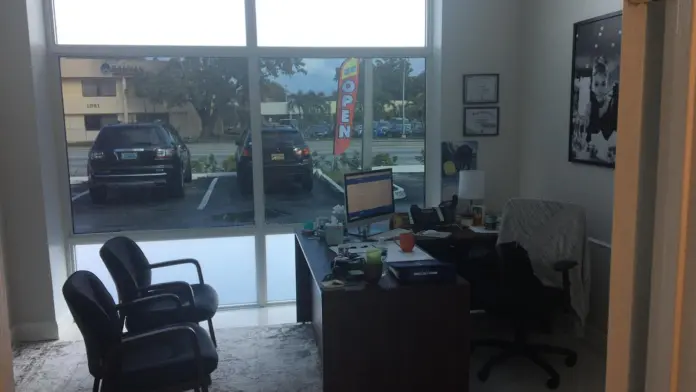
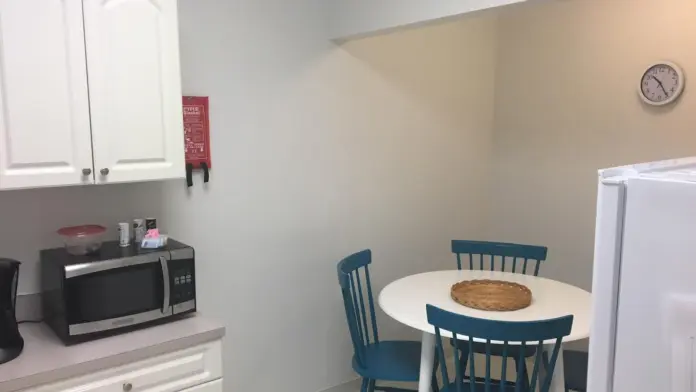
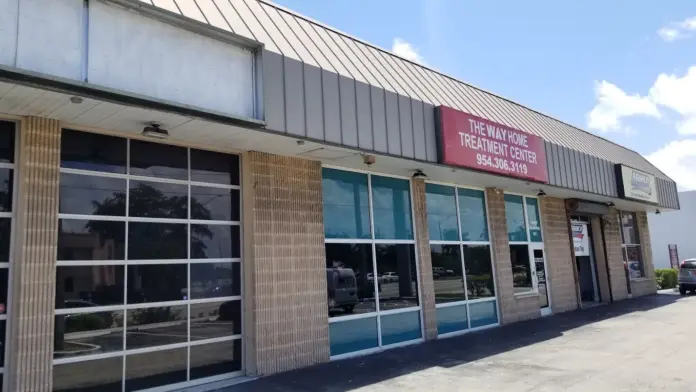
| |
Wilton Manors, FL | New Friendships – 26th Street is a sober living home for adult men. They do not provide treatment for addiction but act as a transitional step for men who have recently become sober and aren’t ready for their normal lives yet. They’re located in Wilton Manors, Florida. Sober living homes help you bridge the gap between intensive addiction tre | Treatments Programs Payment Options | New Friendships – 26th Street has no reviews yet. Leave a review.
| ||
Boca Raton, FL | Boca Recovery Center is a comprehensive drug and alcohol treatment center in Boca Raton, Florida. Their Boca Raton location is actually their administrative office so they don’t administer treatment here directly but this is the place you call as a starting point for your recovery. They’ll help you figure out which of their programs is the best | Treatments Programs Payment Options | I highly recommend Boca Recovery Center! Great team of people that are respectful, organized and most importantly provide the highest quality of care
Arg G
2 days ago
As a professional who has referred several individuals to Boca Recovery Center, I can confidently say their commitment to individualized care is unmatched. They don't believe in a one-size-fits-all approach; instead, their team takes the time to understand each patient's unique history and needs. The staff is very professional and communicative. Bo Garfield has been stellar and Boca comes highly recommended.
John Coyle
3 weeks ago
Wonderful place that I would feel comfortable sending any friend or family member.
Tara Smith
1 month ago
| 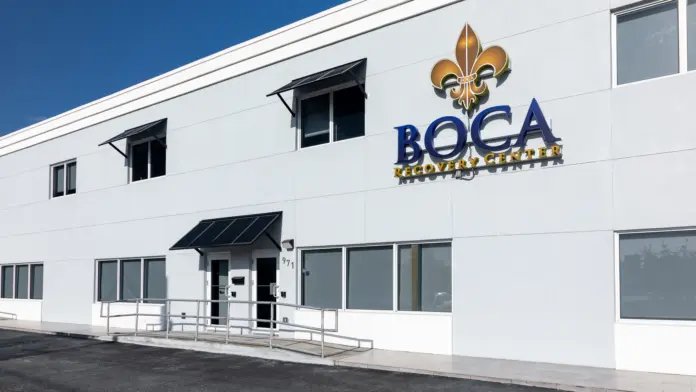
12 12 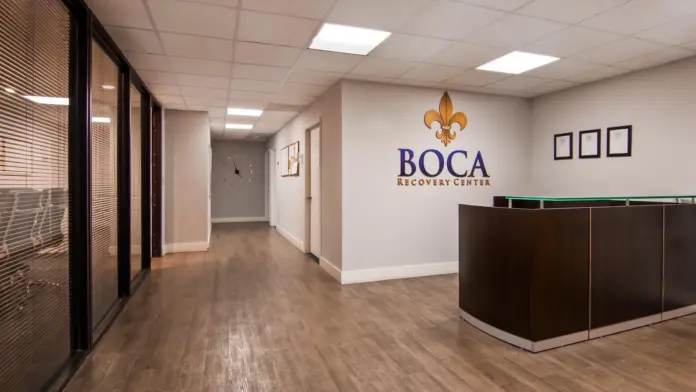
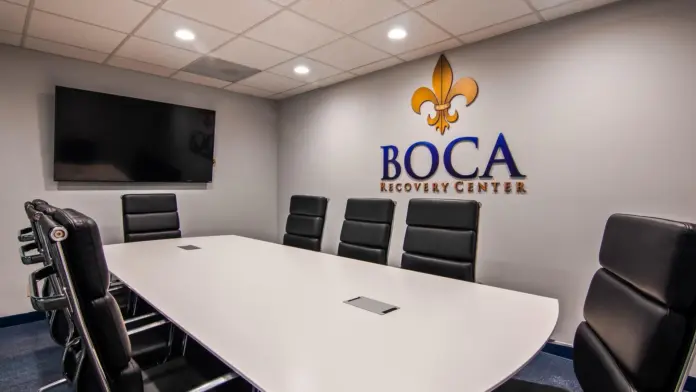
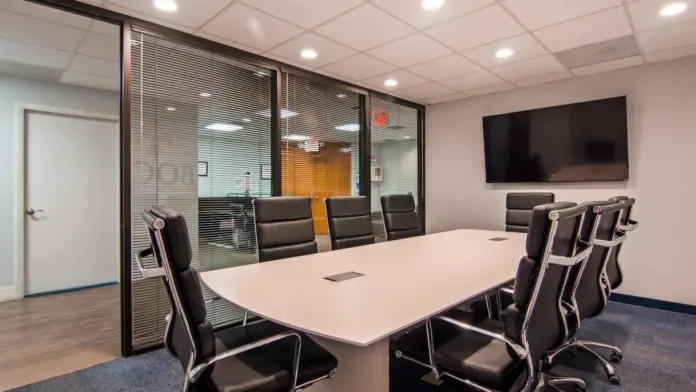
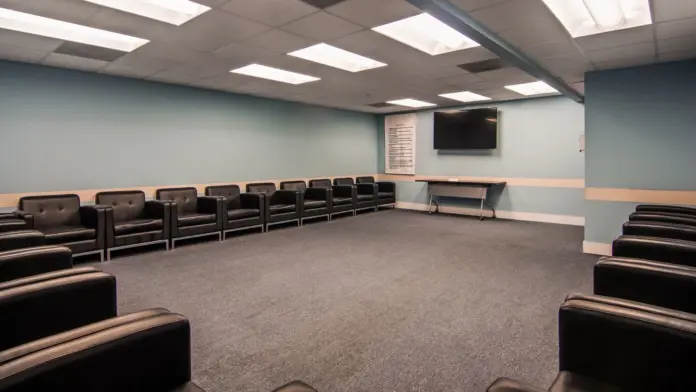
| |
Southeast Addiction Florida Drug & Alcohol Rehab West Palm BeachAd This is an ad and Southeast Addiction Florida Drug & Alcohol Rehab West Palm Beach is a paid advertiser. Paid advertisers may be listed first in search results. This ad may contain content provided by the advertiser. Rehab.com does not verify ad content or any reviews that are displayed. Learn More Lake Worth Beach, FL | Southeast Addiction Drug & Alcohol Rehab in West Palm Beach provides a clear path to recovery for those struggling with substance use. Situated in Lake Worth Beach, Florida, the center delivers comprehensive, compassionate treatment designed around each individual’s needs. With expertise in addressing both addiction and co-occurring mental h | Treatments | (561) 532-2764 | Southeast Addiction Florida Drug & Alcohol Rehab West Palm Beach has no reviews yet. Leave a review.
| 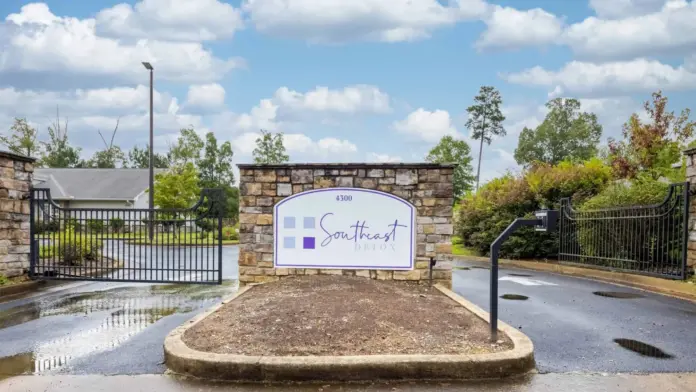
5 5 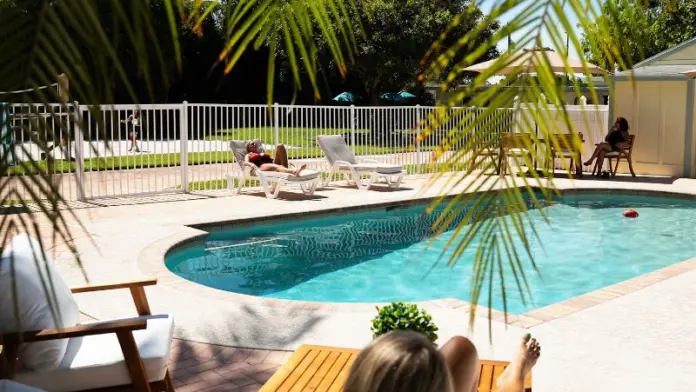
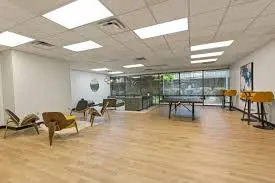
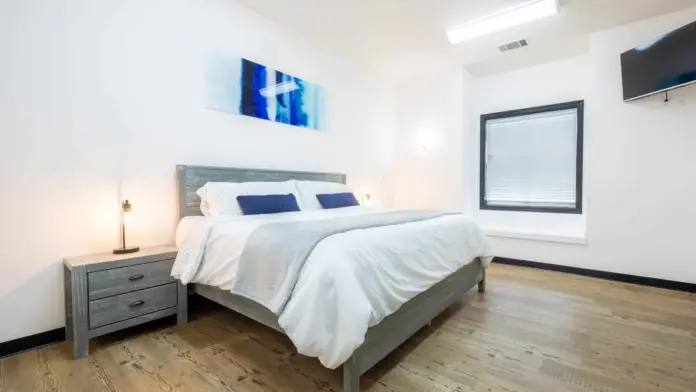
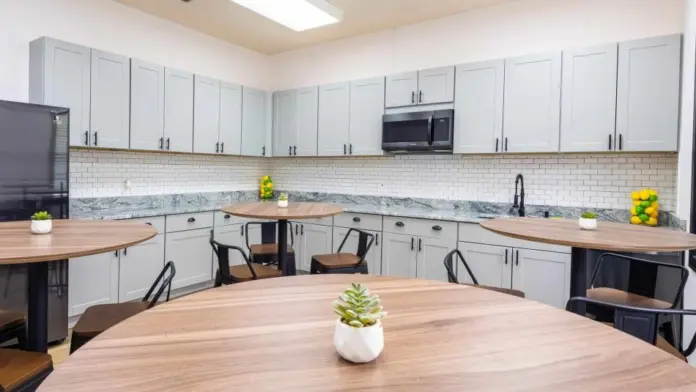
|
Pompano Beach, FL | Boca Recovery Center in Pompano Beach, Florida is located just 10 miles north of Fort Lauderdale. We provide comprehensive rehabilitation services ranging from medical detoxification and residential treatment to specialized programs that meet your unique needs. Boca Recovery Center in Pompano Beach, is an addiction treatment facility in Florida. Th | Treatments Programs Payment Options | I went to Boca in November of 2025. Walking into it was like walking into anything new, you never know what you’re going to get or how the experience will be. To my surprise, it was better than I could have ever imagined. Everyone working there at every level was very hospitable and understanding. The recovery community was fantastic and they did everything possible to make us all feel safe, accepted, understood and heard. I am still in touch with most everyone that I met during my stay at Boca! The community has remained close!
Joshua Kelton
6 days ago
That the staff was excellent helps you whatever you need that you had to do and much appreciated to the staff
Jerry Hutchason
6 days ago
My 30 days at Boca Rehabilitation were amazing. Nikki, Nicole, Laura, Miss Tammy, Brandon, Cameron, Safari, Arthur, Leo, “G” Carissa and of course the greatest chef!! The support and love I felt during my stay was heartwarming. I honestly didn’t want to leave. If I ever have a. Chance to work there to pay the kindness forward, I would do it in a heartbeat.i am sure I have omitted someone. But everyone was amazing. The community and relationships I formed will forever be precious to me. Thank you for changing my life.
Sharon Chakoian
Sharon Chakoian
2 weeks ago
| 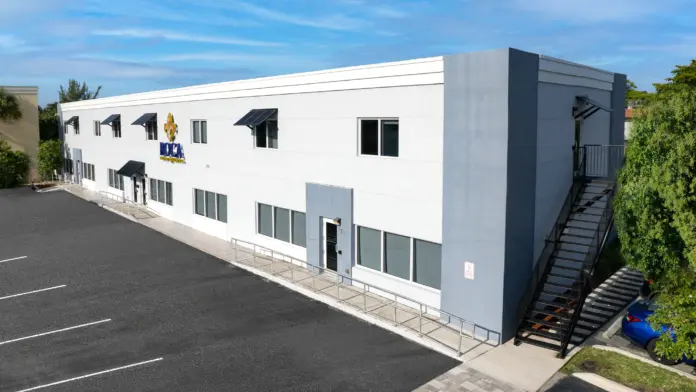
9 9 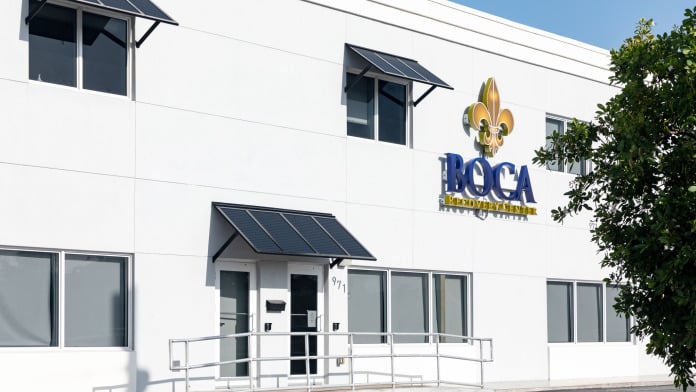
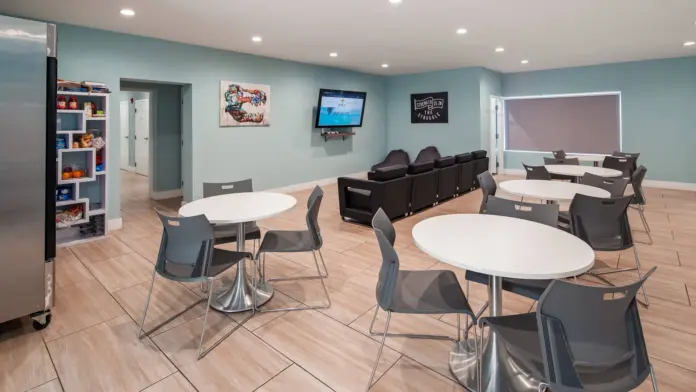
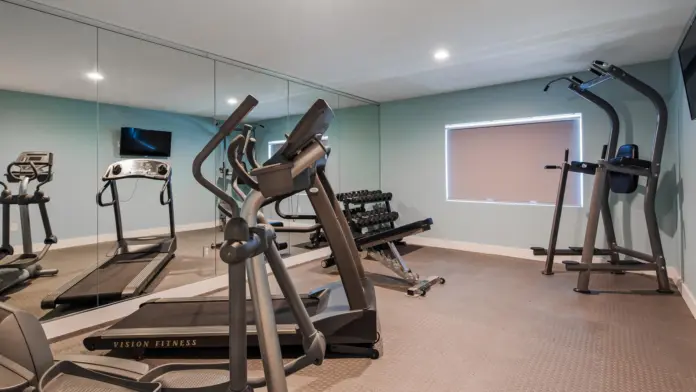
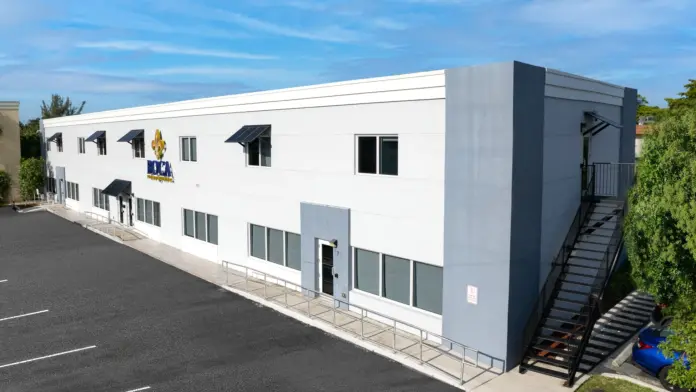
| |
Miami, FL | Located in sunny Miami, Florida, Summer House Detox Center offers many options that you might want from an inpatient recovery center. They treat individuals with drug and alcohol addictions, offering not only detox services but a wide range of more holistic treatment options as well. Should you attend one of the best rated inpatient treatment fa | Treatments Programs Payment Options | I was here 2 times many years ago, and now I’ve been sober for 14 years! The key, though, was that I had to want it for myself. There’s a reason this site has so many positive reviews—no place is perfect, but this one worked for me.
To the parents leaving negative reviews, consider this: you might not be getting the full story from your loved one. In my experience, a blind detox was incredibly effective. As an addict, I would’ve tried to manipulate my way into getting more medication. Being blind to the process forced me to relinquish control and trust the staff, who absolutely knew what they were doing. The detox was smooth and well-handled.
let’s be real—you trusted a shady drug dealer to be honest about what was in their product, but now you’re upset about a licensed nurse administering a substance? That’s ironic, to say the least! Lmao!
This place was a huge blessing!!!! Just make sure to bring stuff to keep you occupied, when I was there we could not have our phones, so bring something to keep you busy! I honestly wish I could have lived there full time! I felt so safe! Thank you for making the start of my sobriety such a breeze!
Morgan Carroll
Morgan Carroll
9 months ago
This was my first time ever at a detox and what I could actually say is that this is the best detox. I’ve experienced lots of amazing food and the staff is great TJ Kathy Jen and Jonathan were my favorite out of the whole crew not saying that the rest of them weren’t respectful, but they were always accommodating me on my needs and checking up on me and making sure that I felt comfortable, especially with it being my first time ever at a detox treatment I definitely recommend this spot to people who are trying to get off drugs. I have lots of freedom. I’m able to have my tablet. They have amazing food. They’re super nice. They also give the shakes because I’m skinny. And it’s very well needed because I needed to gain weight and honestly, I’ve been here for four days and I’ve already gained 8 pounds
Steph m
1 month ago
This place actually cares about clients. That’s more than you can say about most places in S Florida. I highly recommend Summer House.
Cole Goulet
1 month ago
| 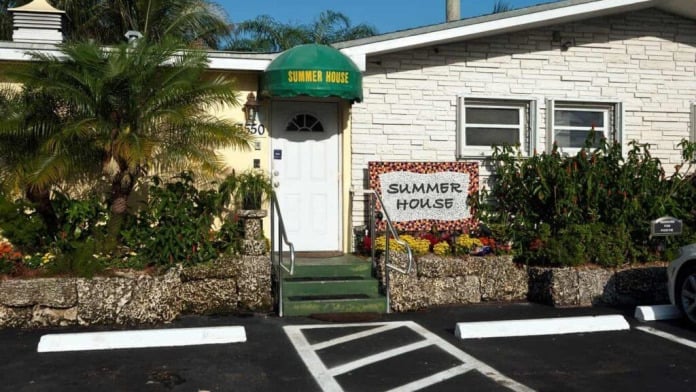
6 6 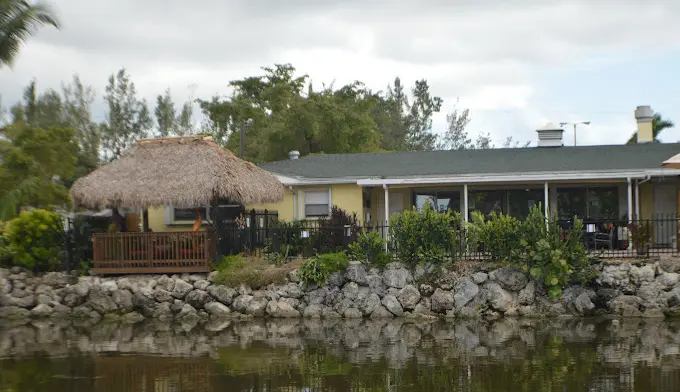
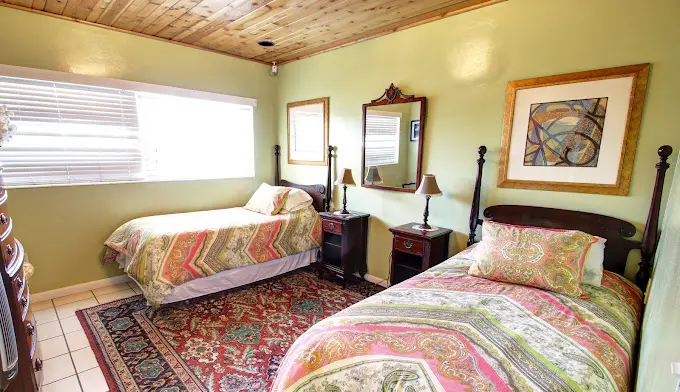
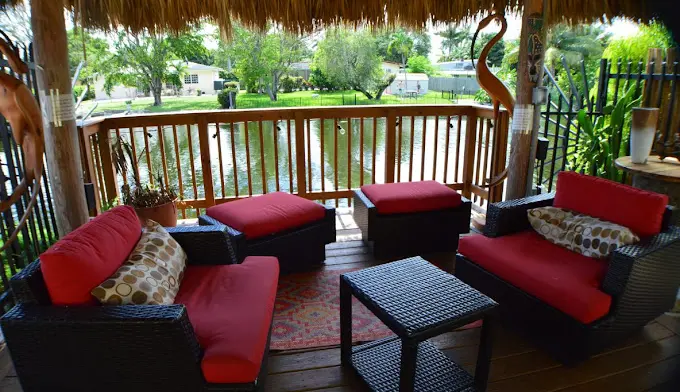
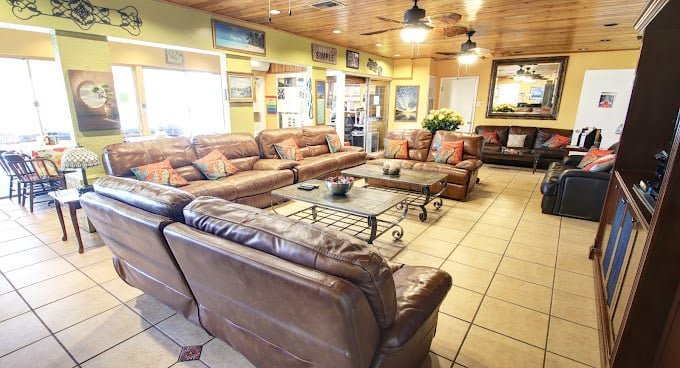
| |
Miami Gardens, FL | Safe Landing Recovery is a teen rehab in Miami, Florida. You can access a secure, home like environment with comprehensive addiction and mental health care. Their treatment approach highlights total wellness, incorporating expert backed and holistic interventions. Their team of addiction specialists understands the unique needs of adolescents battl | Treatments Programs Payment Options | I'm David Moore that went thru the program! It was rough for me at first but the whole experience was amazing. The staff was very caring,loving,understanding and respectful. You get one on one therapy as well as group settings.Thinking of groups I learned so much about myself and made some true friends. We helped each other grow and lift the ones that needed a helping guiding hand. Remember we are all broked in our own way.Reach out please to Transitions Recovery! You will find yourself and learn all about your own true self and feel love and you will really find out how amazing you really are. TO ALL OF TRANSITIONS RECOVERY STAFF I LOVE SND THANK YOU 😊 ❤️! Y YOU TOO JOSH AND AUSTIN THE MIKE'S MISS JANET SUMMER WILL STEPHAN too many to list i love ❤️ you guys
David Moore
3 months ago
Transitions Recovery Program in Miami didn’t just help me get sober it gave me a life beyond my wildest dreams. I walked in lost, broken, and unsure if real change was even possible. What I found was a deeply compassionate and structured environment that not only supported my recovery, but challenged me to grow in ways I never thought I could.
The staff is incredible many of them are in recovery themselves, so they get it. They met me where I was without judgment, but also didn’t let me stay stuck in old patterns. The clinical team, the group sessions, the one-on-one therapy, and even the everyday accountability they all played a part in reshaping how I saw myself and the world around me.
What really sets Transitions apart is that they don’t just focus on staying sober they teach you how to build a meaningful, fulfilling life in recovery. They helped me reconnect with who I really am, helped me process trauma, build healthier relationships, and most importantly, believe in myself again.
I’ll never be able to fully put into words how grateful I am for this place. Transitions helped me reclaim my life and then some. If you’re struggling, if you’re feeling hopeless, please know that change is possible. This program showed me that.
Chaston karr
6 months ago
Transitions literally saved my life. It’s like no other rehab I’ve ever been at before, I’ve been to over 20 different rehabs and this one will definitely be my last lol. The staff here treat you like family and really care about you here. The outings were always so much fun, the groups were great, and I love how it’s a reality based program. 10/10 if you are thinking about coming here do it. Shout out Abe, Will, Shiffra, Josh, and Austin 🐐🐐🐐
Camille Greenwald
6 months ago
| 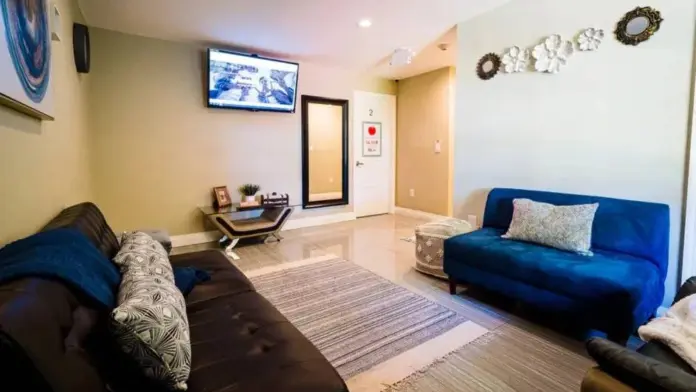
5 5 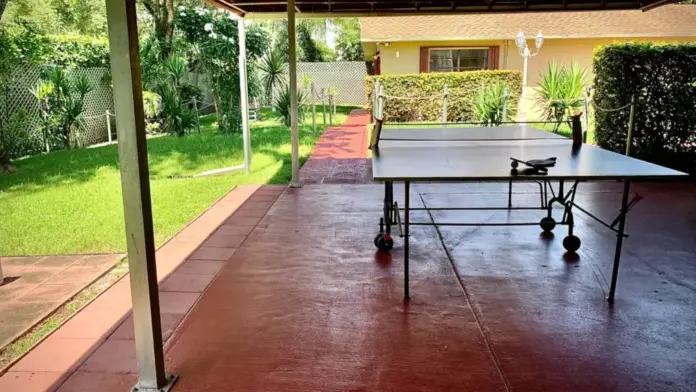
-696x392.webp)
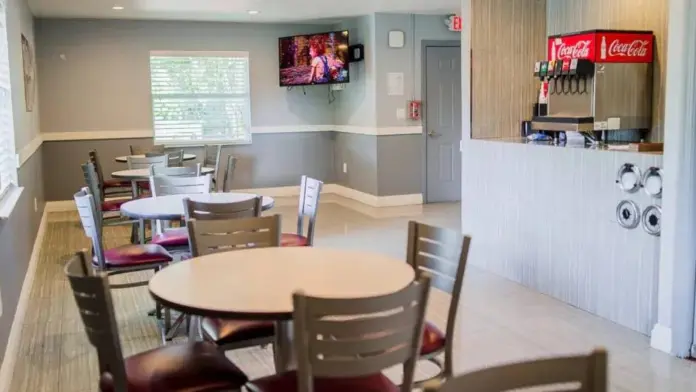
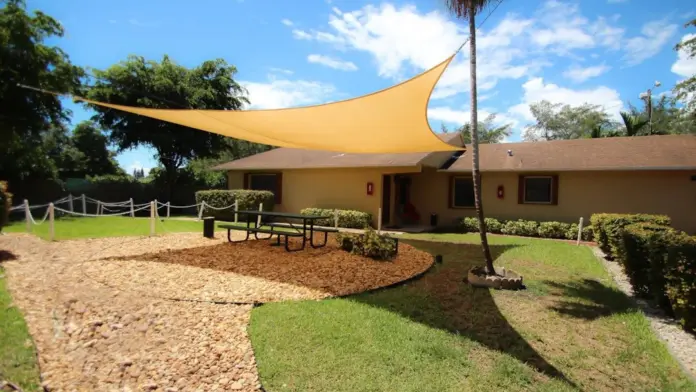
| |
Deerfield Beach, FL | LifeSkills South Florida is a CARF accredited drug and alcohol rehab located in Deerfield Beach, Florida. They specialize in treating adults of all genders who are struggling with dual diagnosis and substance abuse disorders. The level of care available at this location is medical detox and residential treatment. They offer recreational therapy | Treatments Programs Payment Options | My time at life skills south Florida was very helpful in my life. I’d like to thank my therapist Dr. Gregory Fortune for all the help and support. I would also like to thank Gus the head tech.
Edward
1 month ago
Very Understanding place. Dr. Greg was helpful therapist. If considering to attend other Rehabs I recommend this facility. Also "Barbara" on the phone call was very truthful and it was as she said it would be like. So I have been to a lot of rehabs and this was the only one that told complete truth over phone of how it works.
Alex Dahlberg
2 months ago
Dr. Hume was wonderful she was extremely supportive of mine and my families needs. She met my families expectations and was very supportive to our treatment team.
Roxy lee
2 months ago
| 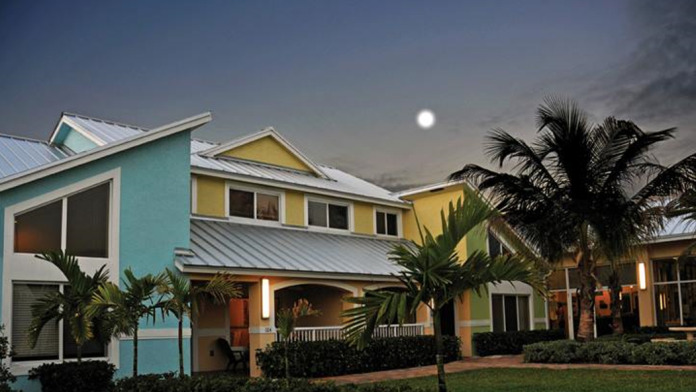
6 6 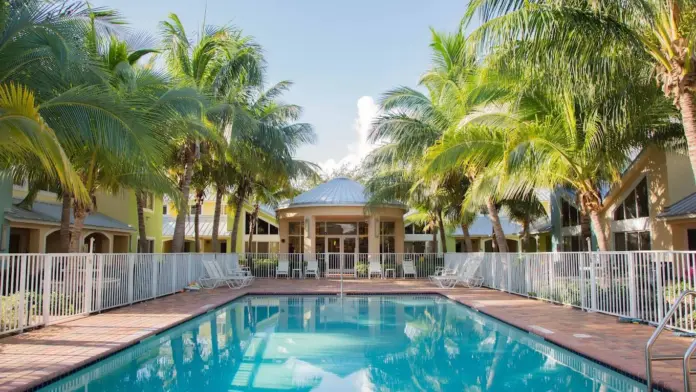

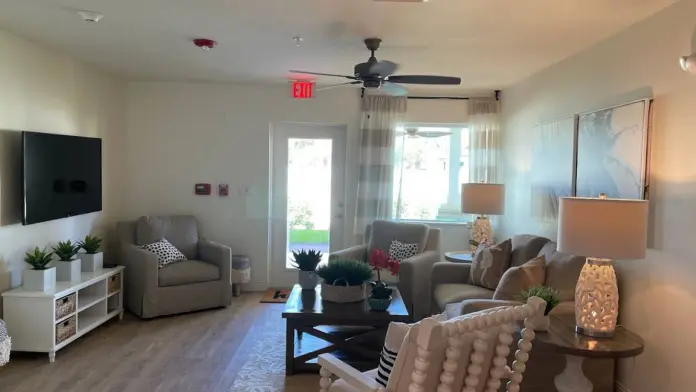
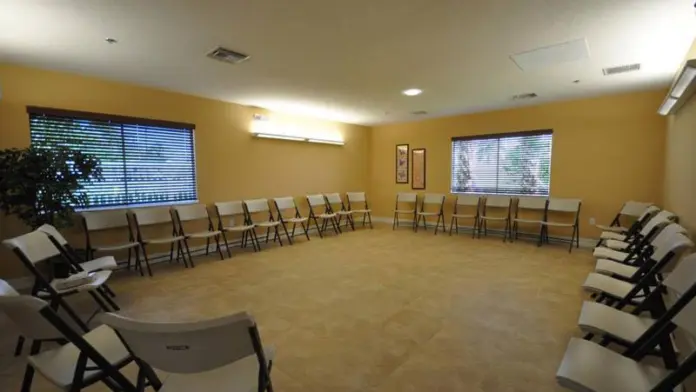
| |
Pompano Beach, FL | A leading addiction facility in Pompano Beach, Florida, 1st Step Behavioral Health is well established and offers a fresh start to those struggling with both addiction and a dual diagnosis of mental illness. This is because they know that mental health and addiction can be co-occurring disorders and treat them on a parallel track. They are very th | Treatments Programs Payment Options | Very nice place.helped me along my journey of sobriety
Trenton Blizzard
1 month ago
Where do I begin? Well my higher power brought me to Gus and 1st Step. The loveand compassion that 1st Step stff shows is mind boggling. They do what they say and they do it out of love and concern. They have saved my life and provided a safe environment so I can focus on getting well. Thank you Gus for employing the greatest staff ever know.....God Bless
al yaghy
1 month ago
I can't say enough good things about this treatment center. From the moment I walked in, I felt supported, understood, and treated with genuine compassion. The staff here truly cares- not just about your recovery, but about you as a person. Every therapist, counselor and nurse took the time to listen, guide, and help me every step of the way. I will forever be grateful to 1st step .
Amy Surber
1 month ago
| 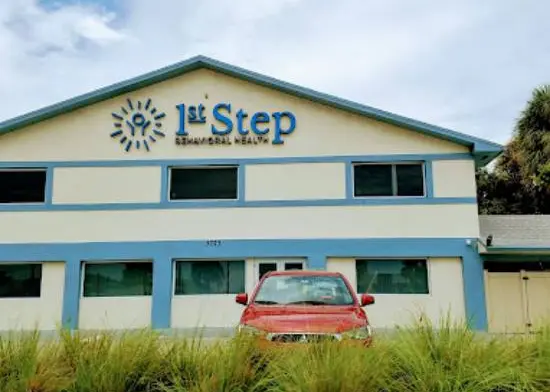
6 6 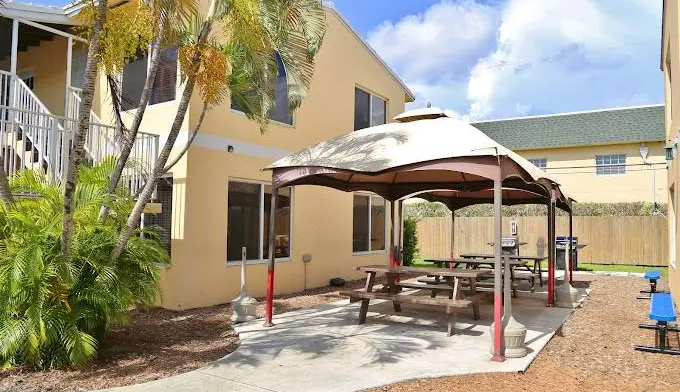
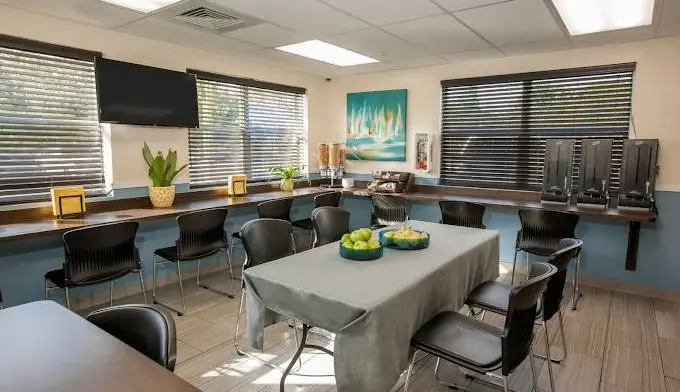
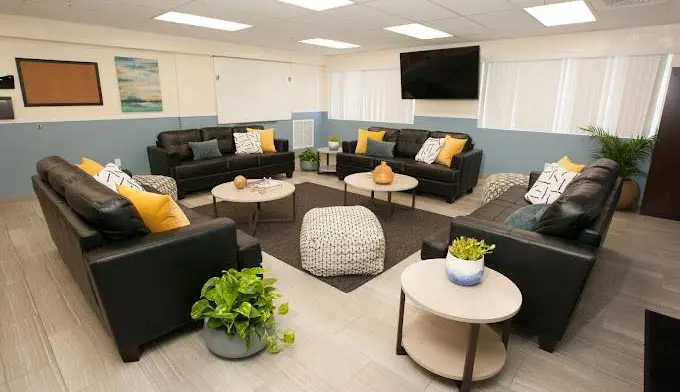
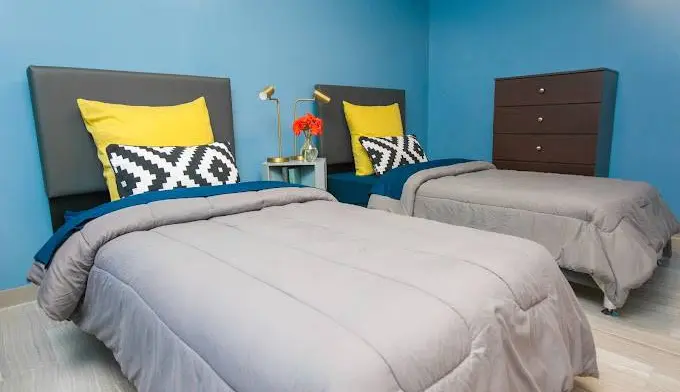
| |
Delray Beach, FL | Recovery Boot Camp is a substance use disorder treatment facility for men in the Delray Beach, Florida area. They are a residential facility that helps educate you about making better choices and the bad consequences that substance abuse causes. This 12 Step based program takes time to help you change your ways of thinking and reacting. They help y | Treatments Programs Payment Options | Tried to get sober every which way. Came to recovery boot camp and was shown a real answer to my addiction. Love this place. Saved my life
6 years ago
Great staff who genuinely care laid back atmosphere I feel as if I gained sufficient knowledge of the aa program and doing the steps without any of the bs that comes with other treatment centers
7 years ago
This was a great place to learn how to grow up. As an alcoholic, I avoided adulthood and had a ready made excuse as to why I didn’t achieve or succeed in things. “I’m a drunk.” Once I removed the bottle, I quickly saw how much maturing I needed to do in everyday, regular life. The guys at RBC get you moving towards adulthood.
There are simple rules to be kept and standards to live up to; youre required to work the 12 steps, get a job, and respect the grounds and the people that live and work there. They are simple rules that many of us come in not knowing how to follow or have bucked at all points in our active addictions. Slowly but surely, this place guides you away from old habits into new, more productive ones.
All in all, this place takes you from beaten and broken to strong and empowered if you follow the rules and suggestions laid right at your feet. I’d recommend RBC to anyone serious about changing their life and “becoming the man they were meant to be.”
7 years ago
| 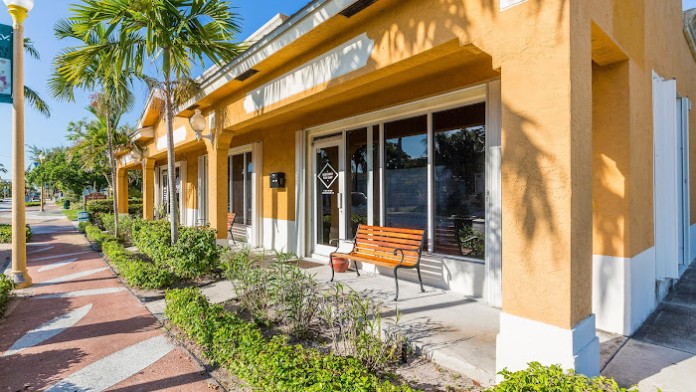
6 6 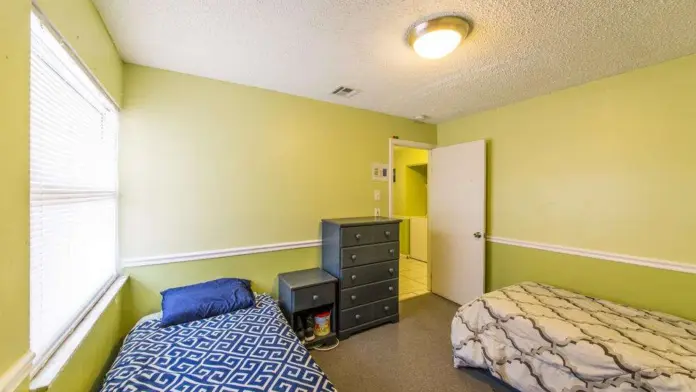
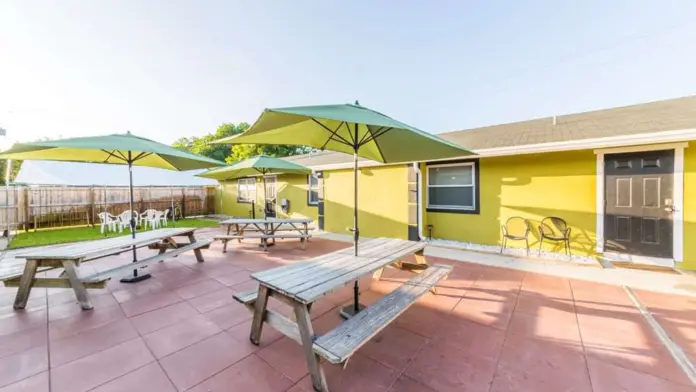
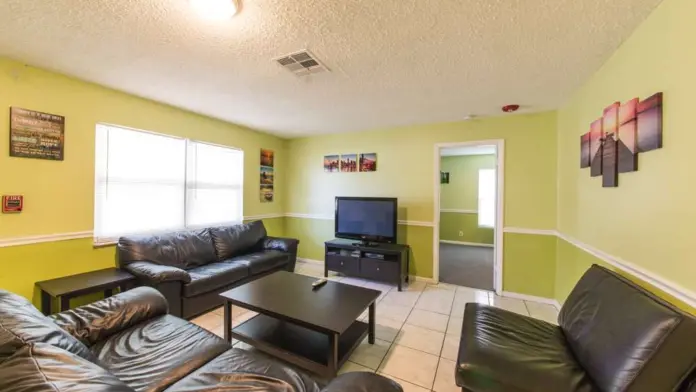
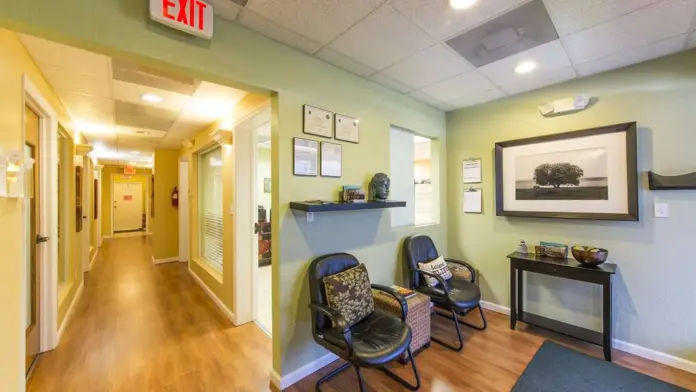
| |
Reign Residential Treatment CenterAd This is an ad and Reign Residential Treatment Center is a paid advertiser. Paid advertisers may be listed first in search results. This ad may contain content provided by the advertiser. Rehab.com does not verify ad content or any reviews that are displayed. Learn More Southwest Ranches, FL | Reign Residential Treatment Center provides treatment for mental health conditions and substance use disorders throughout South Florida. We provide premium outpatient and residential treatment that focuses on providing multiple levels of care depending on your needs. Your treatment program begins with a comprehensive assessment that forms the found | Treatments Programs Payment Options | View Website (754) 216-9440 | Reign Residential Treatment Center has no reviews yet. Leave a review.
| 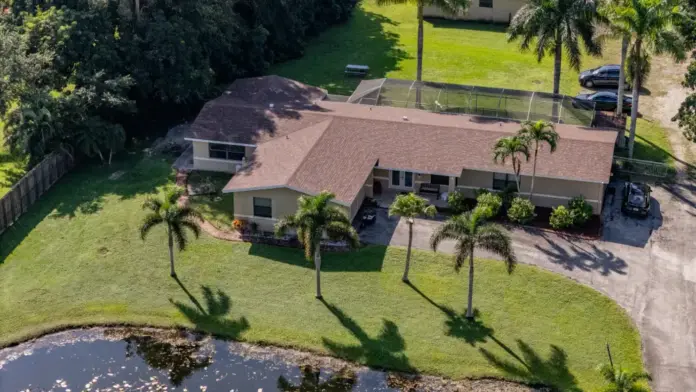
9 9 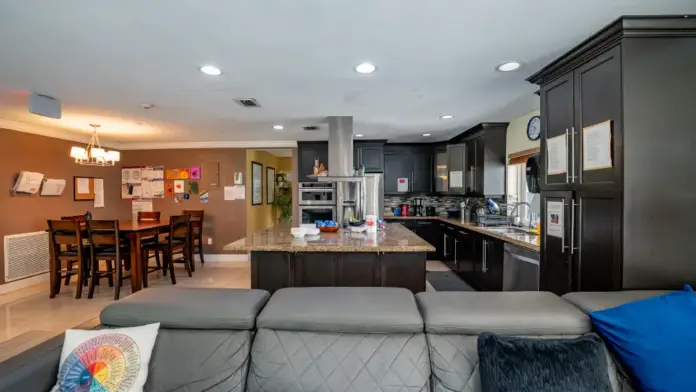
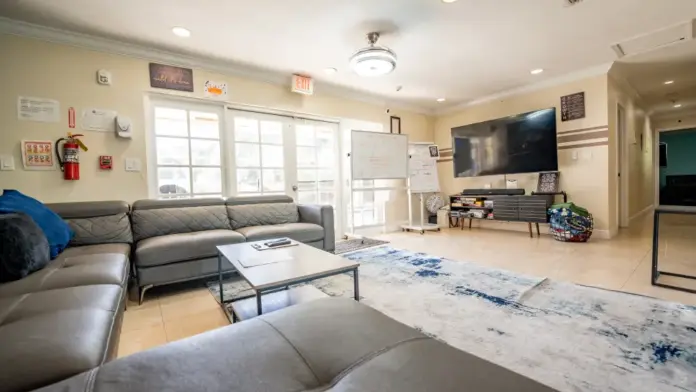
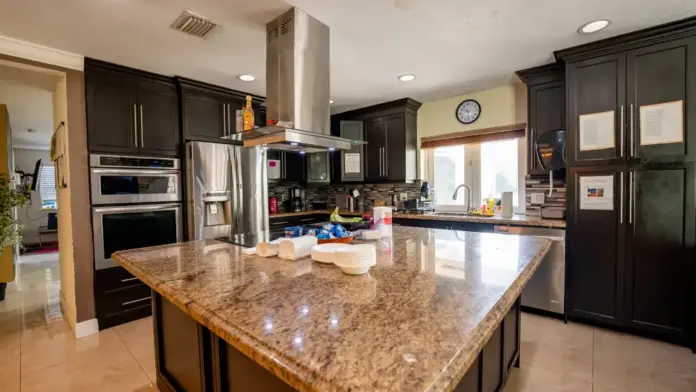
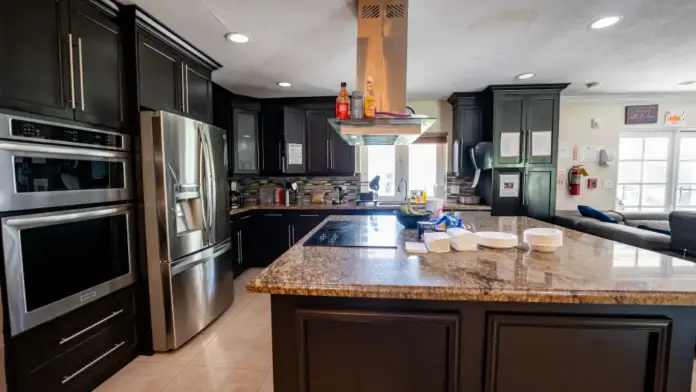
|
Pompano Beach, FL | The Luminous Care is a luxury drug and alcohol abuse rehab center for adults in Pompano Beach, Florida. This center offers detoxification, inpatient, outpatient, and aftercare. They also offer medication assisted treatment to help you be more successful. They use a holistic approach to recovery and believe that you must find the root cause of your | Programs Payment Options | Thanks to Luminous and the caring staff, I was able to get down to the core issues I went through in my adolescence, now I have the confidence and tools to begin a productive life.
They offer personalized treatment plan. That makes a huge difference.
Thomas Moody
8 months ago
First let me start with THIS IS A DRUG REHABILITATION TREATMENT CENTER!! This is not a home or supposed to be a comfortable place for anyone to just come and take advantage of!!! I can't stress that enough!!!! I see people's reviews that this place sucks and bullshit of course it is if your just hear for a hot meal and a bed!! But for those that's here to get help just imagine your first day at work, school, or a date shits off, or feels uncomfortable but notice after you've stayed and gotten to know people staff etc you feel more comfortable well that's luminous when I got here I hated it with a passion and asked for a transfer so I went and asked for one and when I did I was asked why so when I explained my reasons I was taken aback when the person I asked took her time and accomadated my stay here and for that I commend the person that took her time to make sure I was comfortable. This place is not I repeat is NOT!!! Supposed to feed you with a Golden spoon!!! So for the ones that's put this place down I feel sorry for y'all!!! Cause your not here for the right reasons since I've been here I've opened up more to my peers gotten to know the staff and have Ben taken care of and made to be more then comfortable!!! In which I'd like to give a shout out to the one person that's helped me and made sure I was comfortable so thank you for the bottom of my heart YAZ!!!!! you are a saint!!!! And I can't thank you enough for helping me also let me give a shout out to Novak, Chris, Gladiolus, Scott,, Nichole, and my Dr forgive me but I forgot her name but she's just inside the main door to the right thank you for making sure my meds are always on point!!!! Doesn't mean shit to anyone else but believe me means the world to me!!!! I'd also like to give a shout-out to my peers Travis, Matthew, Chris, Julia's, D-Money, Sarah, Kiara, Jackie, and her husband, there's so many more of y'all but I can't sit here and think of everyone! To the people that dogged this facility I really hope y'all get the help you need if not you'll never have peace!!! Again YAZ I truly appreciate everything you done for me!!!! It's your blessings that is going to be the reason I'll succeed!!! Thank you!!!! Oh Gladius I miss you on the night classes!!! Your another one that's made me comfortable and gave me the courage to open up 😘😘😘 Scott I ABSOLUTELY LOVE YOUR CLASSES AND HOW YOU DEFINE RECOVERY AND SUCCESS!!!! NOVAK KEEP YOUR ENERGY BRO YOUR THE HEART OF THIS PLACE TO ME ALWAYS HAPPY AND ENCOURAGING!!! NICHOLE EVEN THOUGH YOUR ALWAYS BUSY YOUR POLITENESS AND CALM DEMEANOR ALWAYS HELPED ME REGARDLESS OF EVERYTHING YOU WERE BUSY DOING CHRIS YOU STAY COOL BRO ALWAYS LAID BACK AND MILD MANNERED ATTITUDE MAKES US NEW PEOPLE AT EASE!!! maybe I put out to much if so then I just made up for all the people that's downed this place and tried giving it a bad name!!! Just understand we're in treatment it's gotta be better then where we were and healthier!! Could be worse you could be locked up or buried???
Jeffrey Gibson
1 month ago
Staff at Loomis care is very engaging. They genuinely do care about your success. Everything isn't always perfect but you can definitely get what you need here. I would recommend this to anyone that genuinely wants recovery.
Mark Cable
1 month ago
| 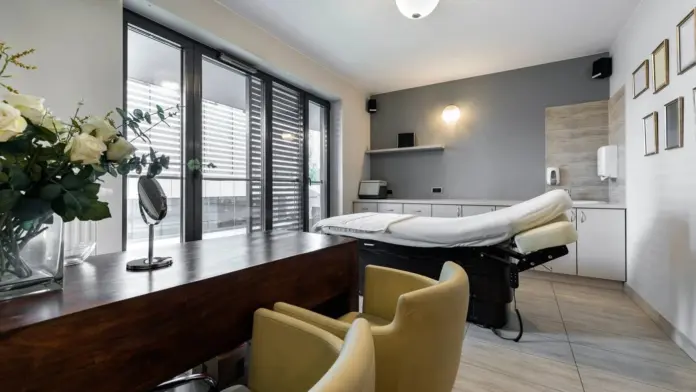
5 5 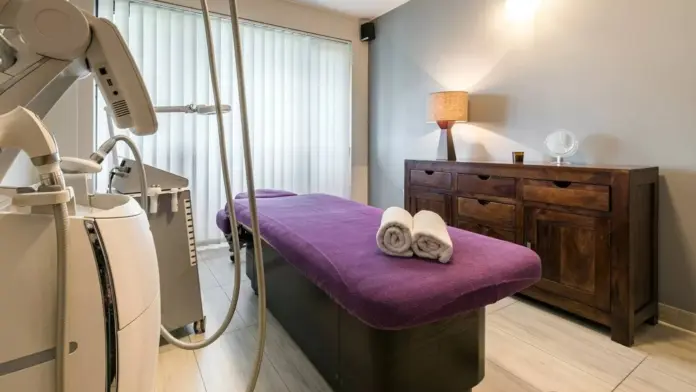
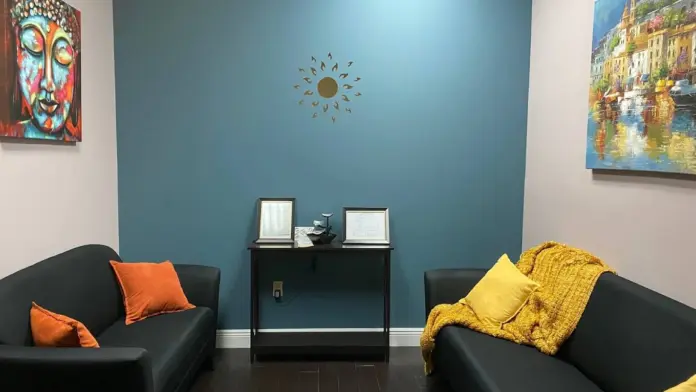
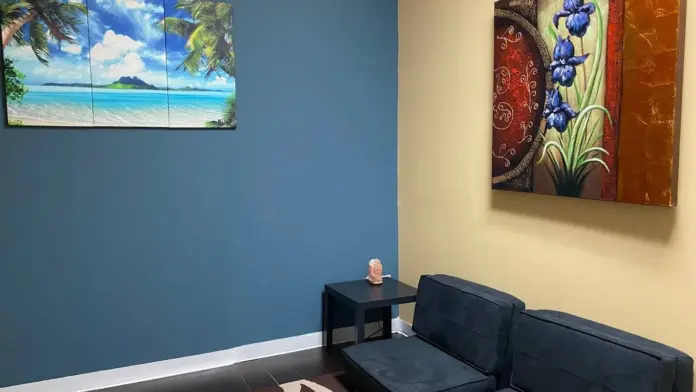
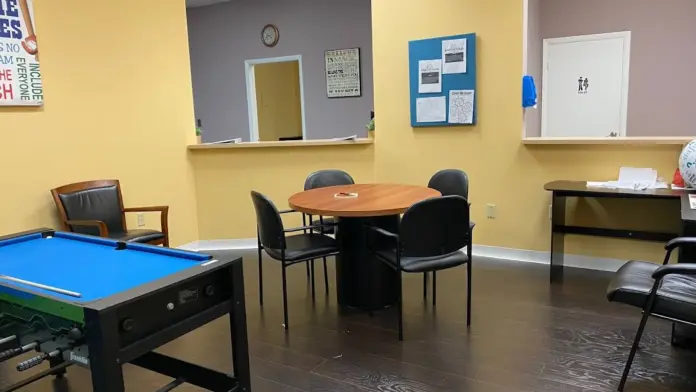
| |
Pompano Beach, FL | Simple Path Recovery offers drug rehab services to men and women living in the city of Pompano Beach, Florida. Aside from treating all sorts of drug and alcohol misuse disorders, they also treat those with co-occurring disorders. They offer a wide variety of treatment options and their levels of care include regular outpatient care, intensive outpa | Treatments Programs Payment Options | Very good group therapy
Caring staff
I felt, "looked out for", considering I was there out of state and I'm a female.
Long-lasting friendships (even after I've been gone 3 years)
They work hard but play hard too. It was fun!
Jacqueline Barton
2 years ago
Simple Path is definitely doing the deal as far as helping my generation recovery from this insidious disease. With guys like Steve LaBar, LeLand Spadeism & Peter "Get Out of Yours & I'll Get Out of My" Shell really showing all the clients a proper perspective of what recovery can, should & will look like if you follow a simple program of recovery. The big book, psychiatry, psychology & being a legend is the quadratic formula set in place there to exponentially propel anyone, even the most hopeless of our kind, like me, to a joy & freedom I have seldomly known in my past. Also to be placed in a place of neutrality, safe & protected. I truly loved all of my experience in Pompano Beach, Florida at SPR. They even offer you the opportunity to get your brain mapped. Results may vary but if you are fearless & thorough as you can be, anyone will succeed in this program first, then subsequently, life. God bless.
A forever grateful client, Matthew John Jesus Sears
7 years ago
Simple Path is more than a rehab facility, they treat you like family. Each and every person will help you on your recovery journey not because it's their job but because they truly care. They saved me from myself more than once. You are not just a number at Simple Path. The groups are small enough to give each and every person individualized care. Many clients actually find it hard to leave, myself included due to the level of commitment from the staff. I can't say enough about this rehab, it's more than just being on the beach, although that's really nice too. It truly is the best!
Dawn Scott
1 month ago
| 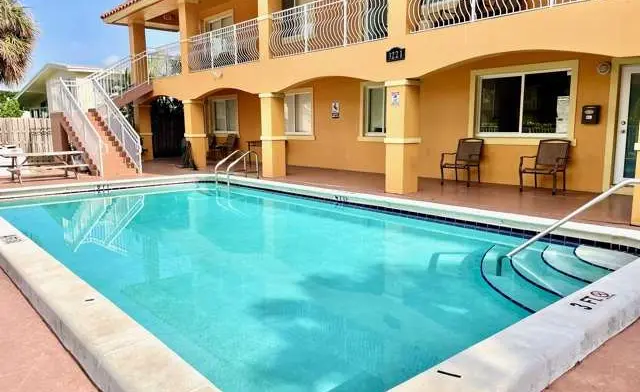
5 5 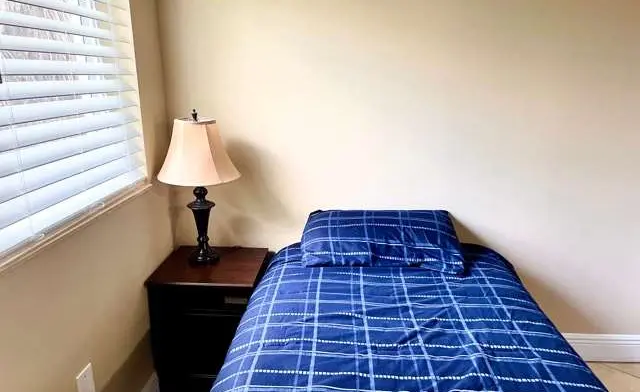
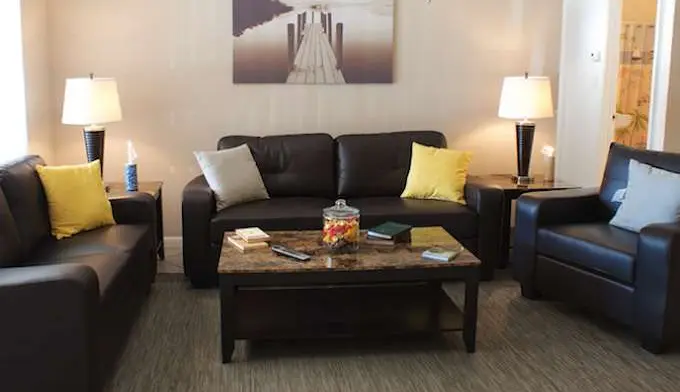
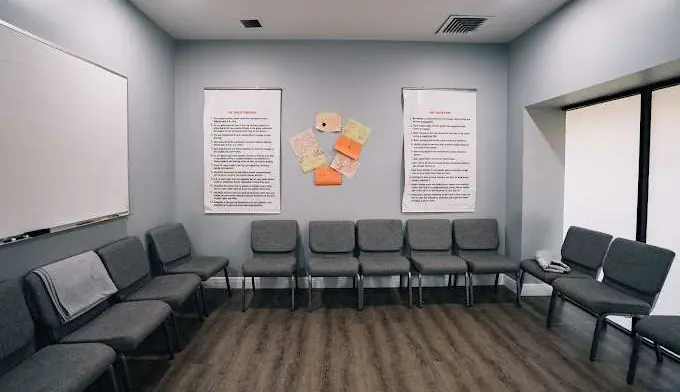
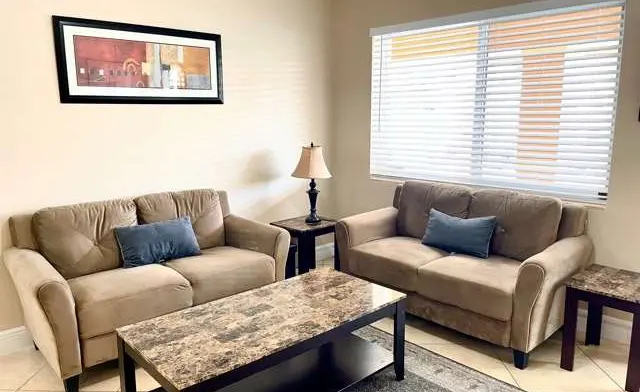
| |
Davie, FL | LegitScript-certified Adolescent Wellness Academy is an adolescent behavioral health institution specializing in treating mental health and substance abuse in Davie, Florida. They have a therapeutic day treatment program and an intensive outpatient program to help teens overcome drug and alcohol addictions and manage co-occurring mental health cond | Treatments Programs Payment Options | This is very amazing and groups are very fun. Very interactive and helps me relax and the staff is amazing. For example Queen (Carol) Tiff Kim and Paul have been very supportive since I started the program. Thank you AWA!
James Santana
1 month ago
Recomiendo este lugar con los ojos cerrados.La entrega de sus trabajadores con los niños y con los padres está en otro nivel.Sientes que los conoces desde siempre por la confianza que te brindan.La Terapista de mi hijo que se llama Ornela muy profesional y entregada con nuestros problemas.Siempre dispuesta a escuchar en todo momento con una paciencia infinita.Contenta con la conciencia creada en mi hijo sobre su situación etcétera…..Por siempre agradecida con esta institución y ahora seguir trabajando en casa 🫶🏼
Mileivys Perea
1 month ago
We brought my son to meet Annie. Instantly she identified his issues and recommended the next steps to take. My son has been in residential care and Annie has been in contact throughout because she has our best interests at heart. We had seen educated psychologist/ psychiatrist for years but i have discovered the best people to help are those who have had experience of addiction and continue the fight . Their life experiences are invaluable in helping others overcome the disease Thank you Annie !
adam bonner
1 month ago
| 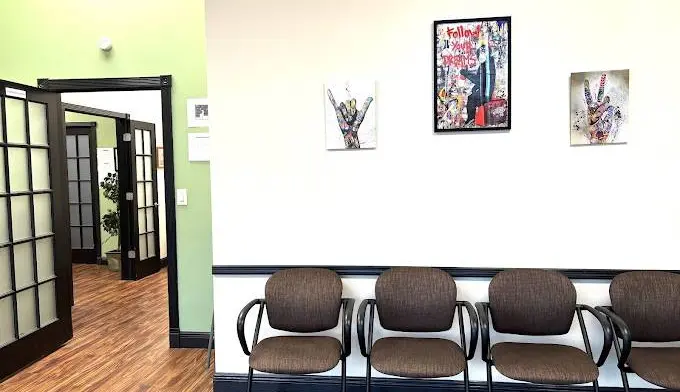
5 5 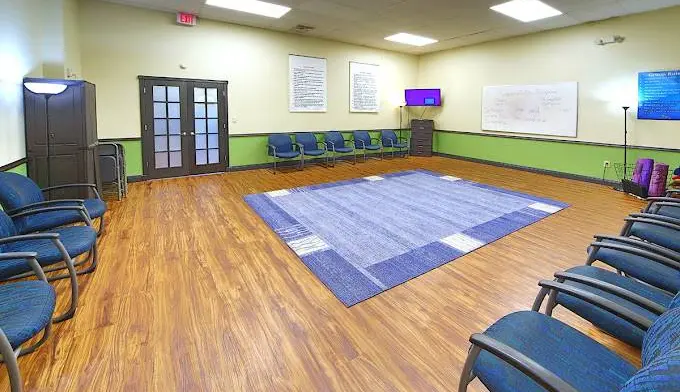
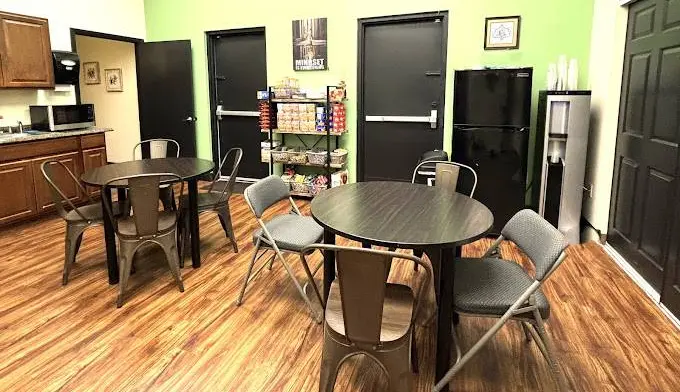
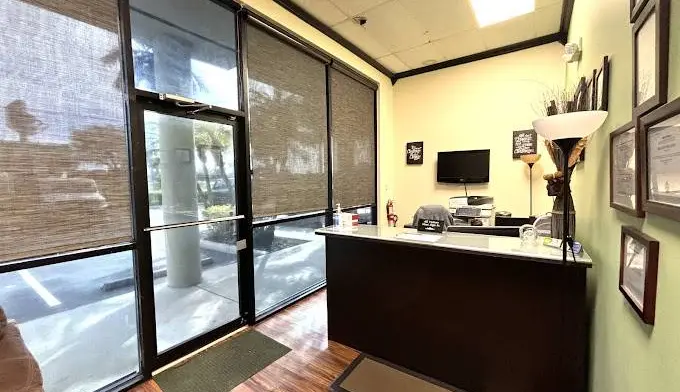
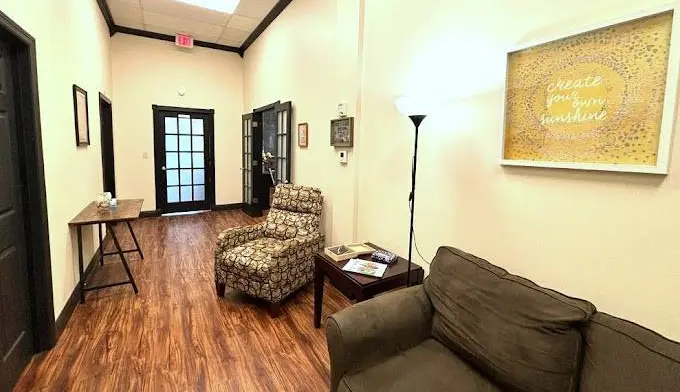
| |
Boca Raton, FL | Still Detox, located in Boca Raton, Florida is a private alcohol and drug rehab that offers treatment for a variety of substance abuse addictions including alcoholism, co-occurring mental health disorders, and opiate addiction. They offer supervised medical treatment to safely manage withdrawal symptoms during detoxification, as well as residential | Treatments Programs Payment Options | How do I begin to write a review about a place that saved my life….no exaggeration! I was supposed to be at another facility, but got to be here. This detox/treatment center is the best of the best. If you want it, you will find it here. The building is so welcoming, the atmosphere is warm, the staff is kind, shares their stories to help you when you need it, groups are very important and focused on each individual. The rooms are big and beautiful! The staff though…I cried when I left. I can’t just name one, they all helped me heal in a way I needed to! So thank you to Shannon, Chloe, Charlotte, Whitney, Mama Susan, Wally, Travis, Natalie, Erin, Jazz, Alex, Spencer, Josh, Vanessa, the nurses at night, and the others!!!! People…the Director of Operations boss…his name is Mike, his dogs name is Charlie, he comes into the facility a few times a week to check on us, how we are, what we need, he knows us by name! Where will you find that??? Go to Still Detox…you won’t regret it, I promise.
Oh, and the food, it’s amazing, but make sure to tell them you don’t want too much chicken. Shannon, the Director, used to be a chef, so she knows good food, it’s catered in, so it’s yummy. If you have a special diet, they accommodate that!!! (This is a picture of myself, Chloe my case manager and Shannon the Director a day before I was leaving, yes I was crying.)
Kassie Roudebush
1 month ago
I enjoyed still detox the staff was amazing I made new friends found recovery church in boca.i didn't enjoy the food was horrible the beds are to hard other then that it was amazing program for me.
Carol Torres
1 month ago
Benzi and Jace have helped so many people that I know. They are always the most responsive, most accommodating and honestly most caring at the core of it all. I would recommend to anyone needing help. Ask for them specifically. They will literally go above and beyond to make sure you are taken care of.
max w
2 months ago
| 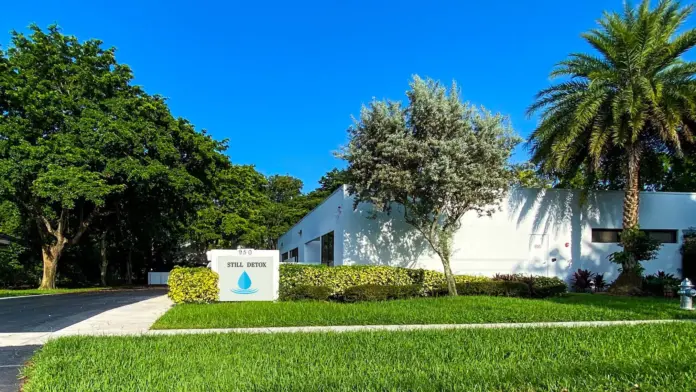
10 10 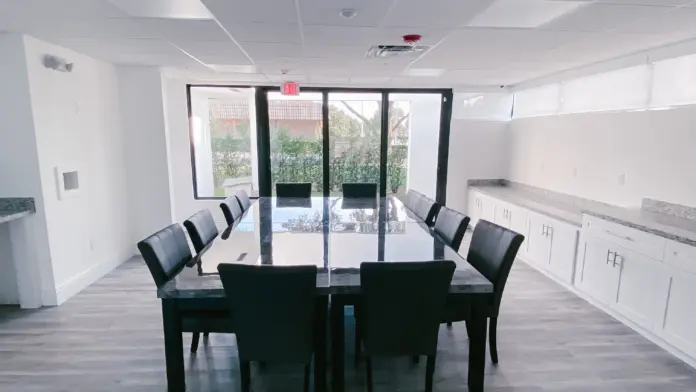
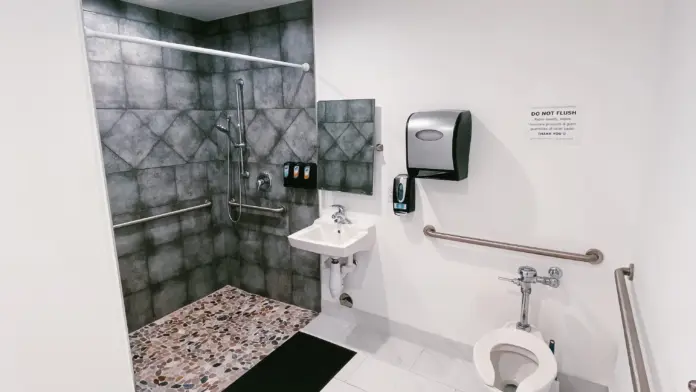
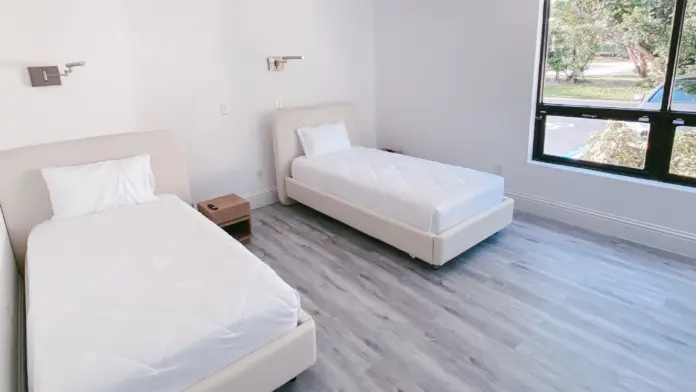
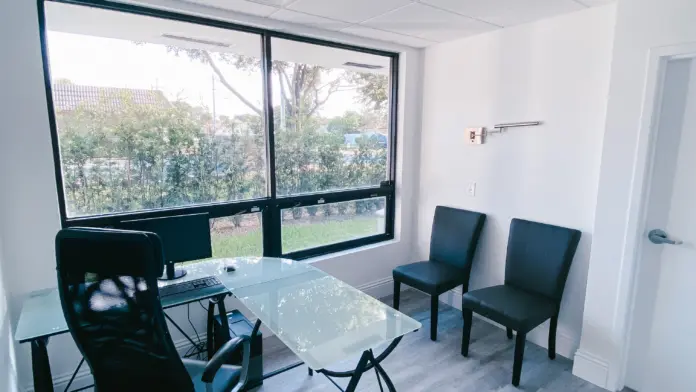
| |
Miami, FL | Evolutions Treatment Center is an alcohol and drug addiction treatment center located in Miami, Florida. Their programming provides a deliberate and slow progression from detox to sober living to create a stable path toward recovery. Evolutions Treatment Center offers detox, residential, partial hospitalization, intensive outpatient, outpatient, an | Treatments Programs Payment Options | I would recommend evolution anytime,To anyone that needs treatment..They have a supportive staff..give clients there time love and support . I will highly recommend Jimmy//Hes a amazing Worker..He’s the king of guy that makes sure his clients are in best level of care./He is very loving caring and loyal to his work./My Son Omar was at treatment each time he would face challenges.He would go to Jimmy because he knew he had patience support and advice He need it…!!!He help him ever step away.///to do his best to get a solution for what my son was facing…!!
Joan Colon
1 month ago
This is my second time in treatment. I would recommend Tony as a therapist he helped me with a lot of past trauma and how to cope in residential. The staff is amazing and the facility is well kept.
Natali Rodriguez
2 months ago
This place works wonders and the staff members are truly amazing. Ask for Veronica she will take excellent care you and make sure the admission process is a breeze!
Sergio Petruzzelli
2 months ago
| 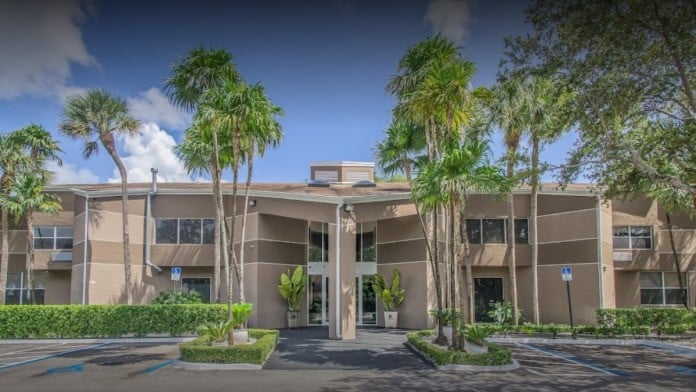
6 6 
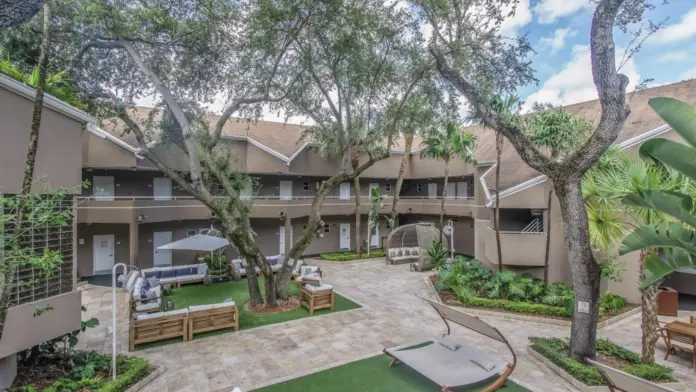
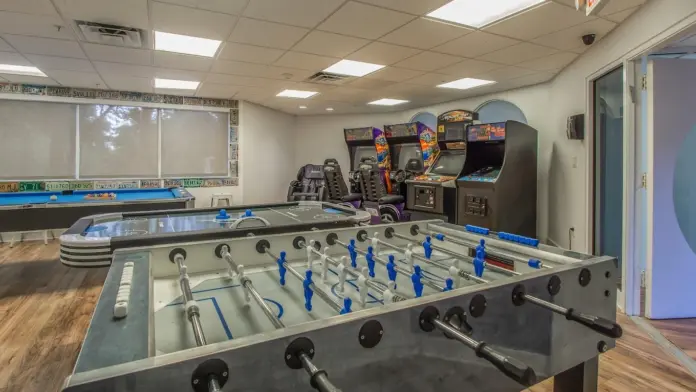
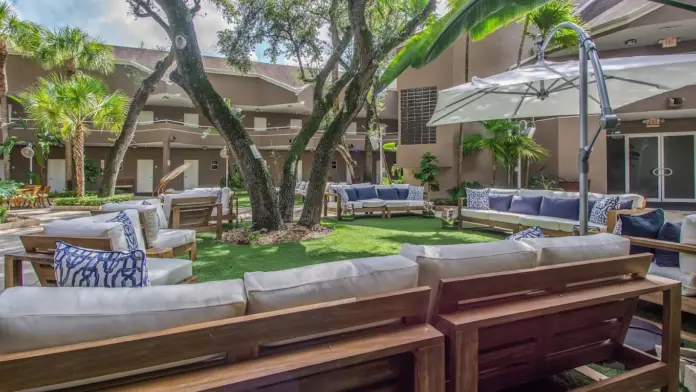
| |
Boynton Beach, FL | Bright Futures Treatment Centers is an addiction and mental health rehab in Boynton Beach, Florida. Adults, couples, veterans, and first responders can access partial hospitalization programs, outpatient treatment, and addiction aftercare. They provide a relaxing environment for inner work and achieving recovery. One thing that stands out to me i | Treatments Programs Payment Options | I highly recommend Bright Futures for their exceptional support and care. My close friend who struggled with addiction, received outstanding help from their team. From the moment he arrived, the communication was clear and the quality of care was top-notch. Bright Futures went above and beyond to ensure his needs were met, and I'm grateful for their dedication to all patients who walk through the doors. I will always encourage anyone seeking help to consider Bright Futures while on their journey.
John Coyle
2 months ago
This place helped save my life. I’ve been to a few rehabs, but this one is different—the staff actually listens, supports, and holds you accountable. The program helped me reconnect with myself and rebuild trust with my family. Highly recommend it to anyone who feels lost right now.
MARIANA _ CARDONA ALVAREZ
5 months ago
This place and the people at Bright Futures are truly something special. I’ve been through multiple rehab centers, and while each offered something helpful, I always ended up back in the same cycle—drinking, isolating, losing myself. I came to Bright Futures broken, scared, and exhausted—not just physically, but mentally and emotionally. It wasn’t just the substance use that nearly destroyed me, it was the lack of hope.
From the very first phone call, I felt like I wasn’t just another intake. I spoke with someone who took the time to listen to my story, answer my questions about detox placement, insurance, and what to expect from PHP. I was skeptical at first. I didn’t believe in myself. But Bright Futures believed in me before I could.
When I arrived at the facility in Boynton Beach, I was immediately welcomed with warmth and zero judgment. I was assigned a case manager, Jennifer, who not only kept my treatment organized but supported me emotionally every step of the way. She helped coordinate everything—from therapy sessions to aftercare planning to helping me talk to my family again.
My primary therapist, Matt, made an enormous impact. He didn’t just run through a script—he took the time to dig deep with me, identify my trauma, and help me develop real coping skills. We worked through things I had buried for years. The group therapy sessions led by Ashley were raw and transformative. She created a safe space where I could share, cry, and most importantly—heal.
Melissa, part of the support staff, always made sure I was okay. Some days I didn’t need therapy—I just needed someone to sit with me or remind me to eat. Carlos, one of the techs in the sober living side, treated me like a human being when I was at my worst. They didn’t just do their jobs—they genuinely cared.
The clinical structure here is solid. I was placed in a Partial Hospitalization Program (PHP) after detox, then moved into outpatient therapy and continued working on myself while staying in the sober living housing they set me up with. The facility was clean, the food was good, the housing felt safe, and the schedule helped me rebuild my routine.
The best thing about Bright Futures isn’t just the therapy or the services—it’s the people. Everyone from leadership to the cleaning staff seemed committed to helping us succeed. There were no shortcuts. Just honesty, consistency, and compassion.
I left Bright Futures with a recovery plan, coping tools, a support network, and something I hadn’t had in a long time—hope. I still check in with some of the staff. They didn’t just get me sober; they helped me remember who I am and who I want to be.
If you or someone you love is looking for real help—not just a detox and discharge, but real addiction treatment with clinical structure and heart—this is the place. Whether you need PHP, outpatient therapy, mental health support, or sober living in South Florida, Bright Futures delivers. I owe them my life, and I’ll never forget what they gave me.
Brayan Andrés Calambas
5 months ago
| 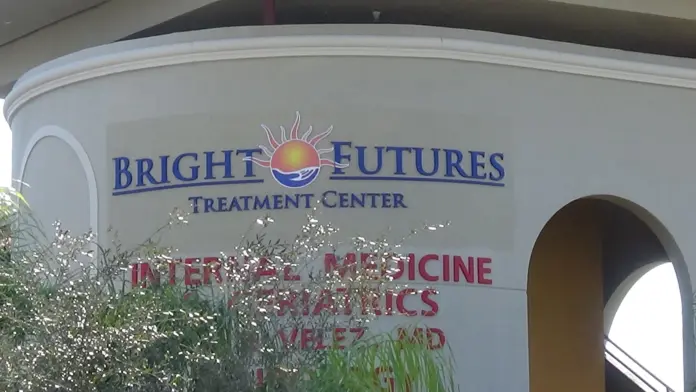
11 11 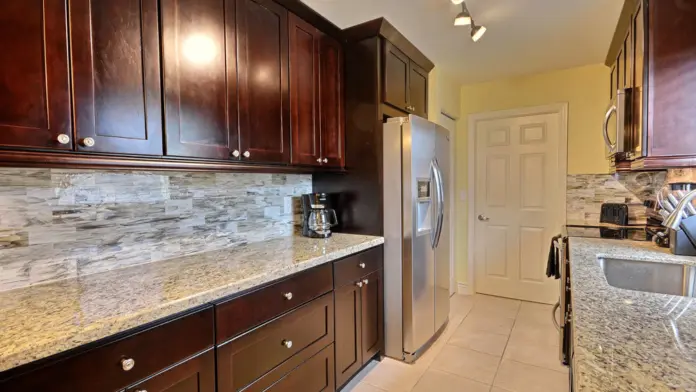
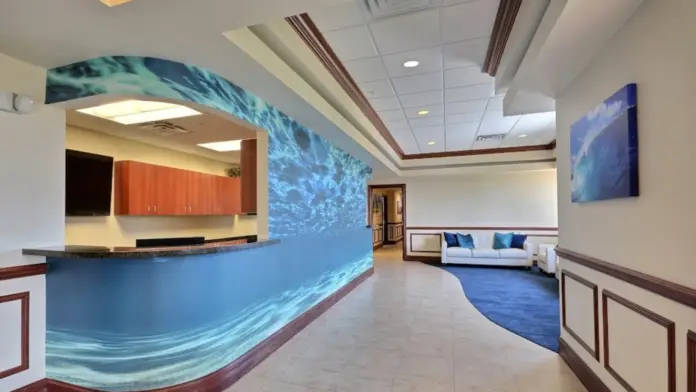
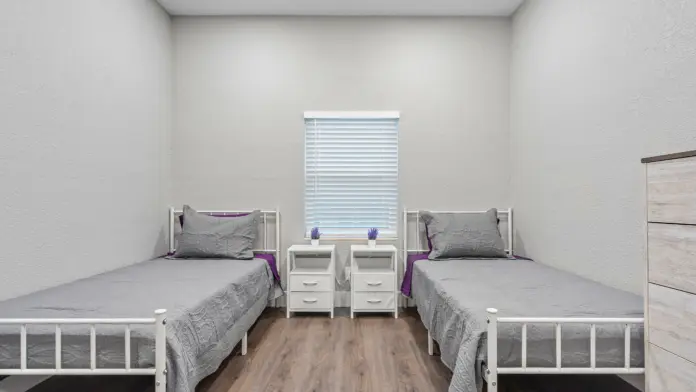
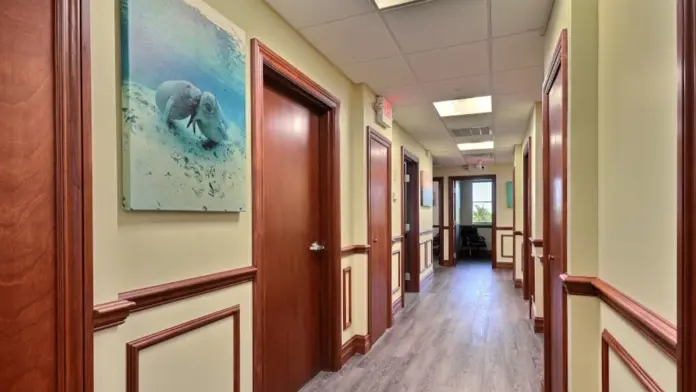
| |
Prevail Recovery CenterAd This is an ad and Prevail Recovery Center is a paid advertiser. Paid advertisers may be listed first in search results. This ad may contain content provided by the advertiser. Rehab.com does not verify ad content or any reviews that are displayed. Learn More Oakland Park, FL | Prevail Recovery Center, located in Oakland Park, Florida is a private alcohol and drug rehab that offers treatment for a variety of substance abuse addictions including alcoholism, co-occurring mental health disorders, and opiate addiction. They offer flexible outpatient addiction therapy allowing patients to live at home while receiving regular t | Treatments Programs Payment Options | View Website (866) 604-3339 | Prevail Recovery Center has no reviews yet. Leave a review.
| 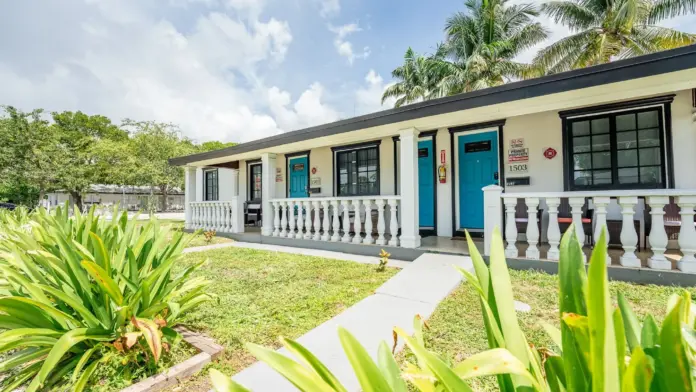
11 11 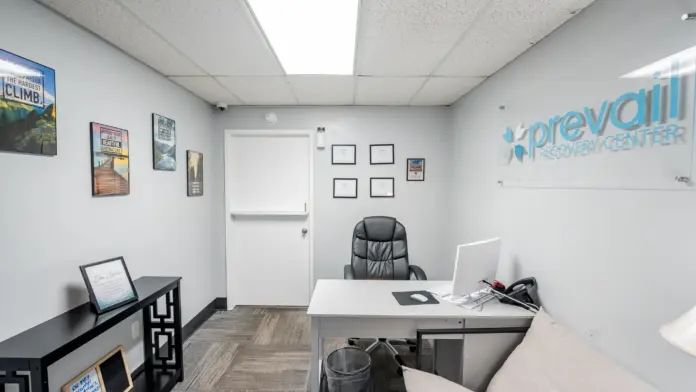
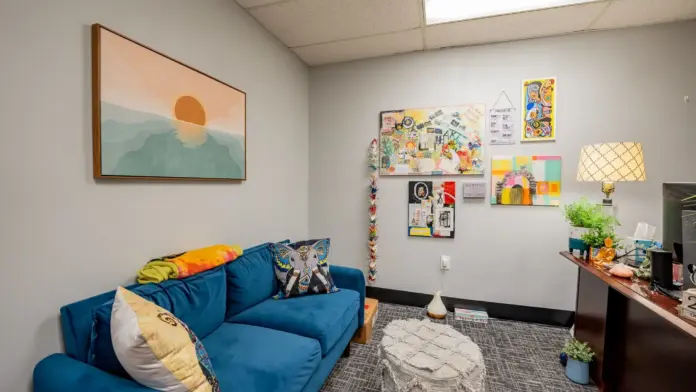
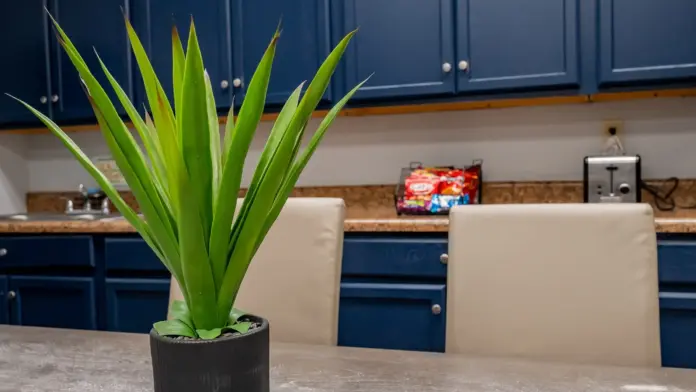
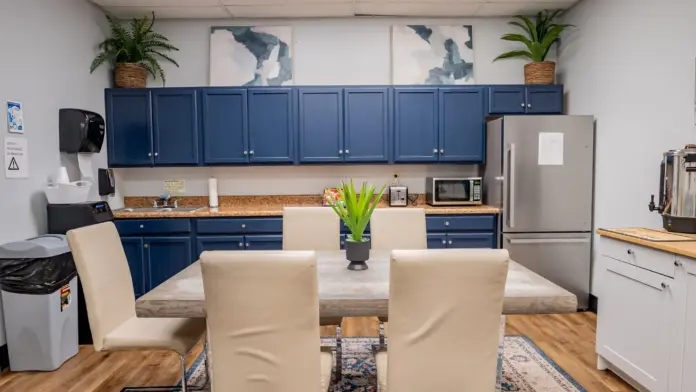
|
Hollywood, FL | United Recovery Project is a luxury rehab facility offering comprehensive treatment services for alcohol and substance use disorders. They also treat dual diagnosis (co-occurring disorders). They’re located in Hollywood, Florida, and they accept insurance from many different carriers. The South Florida facility has a low client-to-staff ratio a | Treatments Programs Payment Options | Excellent facility and amazing staff. Clinical team was great. Thank you.
7 years ago
Amazing staff and a beautiful facility. We really are a tight family. Highly recommend this place to anyone seeking treatment.
8 years ago
URP truly saved my life. I began my journey at their detox center, Genesis House, feeling completely lost. Thankfully, after some incredibly compassionate staff encouraged me to stay, I decided to continue into their PHP and IOP programs — and that decision changed everything.
At the PHP house, I didn’t just begin healing — I learned how to live again. I learned how to be a person, how to be an adult, how to love myself, and how to show love and respect to others. I came in broken, and over time, I started putting the pieces back together.
There were so many moments I thought about leaving and going back home. But every time, the staff talked me through it. They encouraged me to give myself — and my recovery — a real chance. Because of that, I stayed. And now, here I am, 8 months later, living a life I never thought was possible.
Even though I’ve completed the program, the support hasn’t stopped. URP still checks in and continues to care. That’s not something you find everywhere, but you find it here.
If you’re struggling and unsure whether recovery is possible: It is. It works if you work it. Give yourself the chance.
Makenzie Elmore
1 month ago
| 
5 5 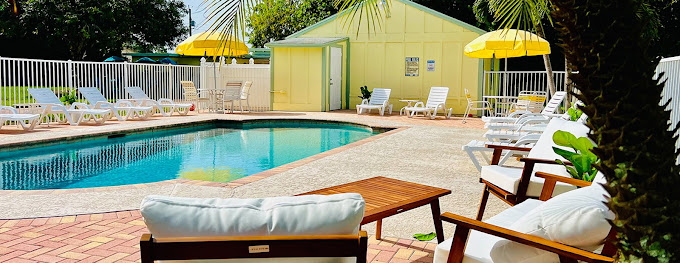
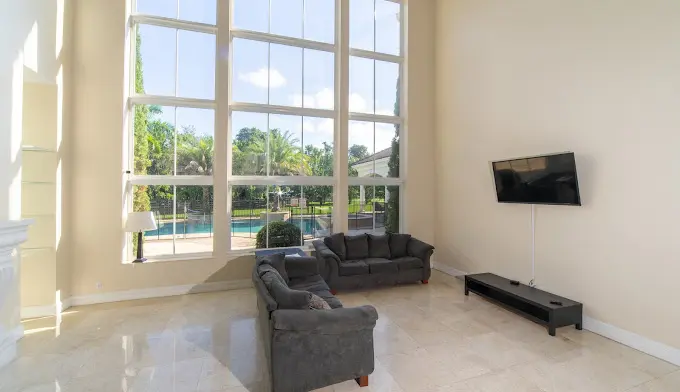
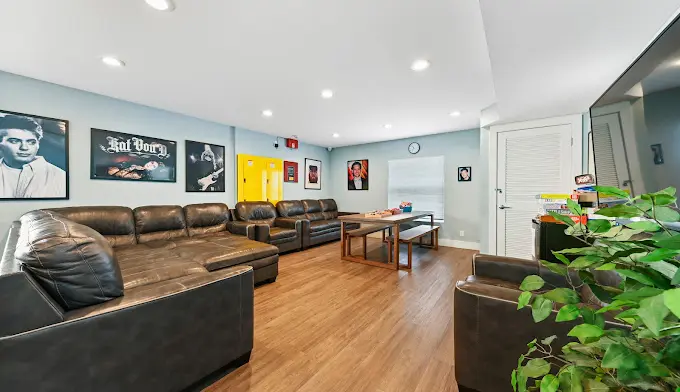
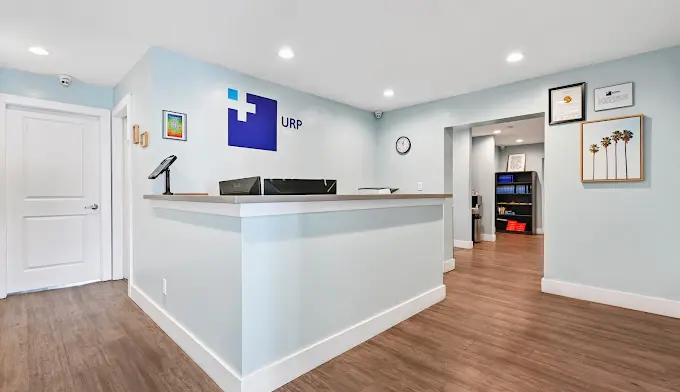
| |
North Miami Beach, FL | Transitions Recovery Program offers individuals struggling with drug and alcohol addiction a safe recovery environment within a residential inpatient or outpatient program provided by this rehab center. This addiction treatment center is situated in North Miami Beach, Florida, and the rehab offers recreational activities alongside clinical services | Treatments Programs Payment Options | I'm David Moore that went thru the program! It was rough for me at first but the whole experience was amazing. The staff was very caring,loving,understanding and respectful. You get one on one therapy as well as group settings.Thinking of groups I learned so much about myself and made some true friends. We helped each other grow and lift the ones that needed a helping guiding hand. Remember we are all broked in our own way.Reach out please to Transitions Recovery! You will find yourself and learn all about your own true self and feel love and you will really find out how amazing you really are. TO ALL OF TRANSITIONS RECOVERY STAFF I LOVE SND THANK YOU 😊 ❤️! Y YOU TOO JOSH AND AUSTIN THE MIKE'S MISS JANET SUMMER WILL STEPHAN too many to list i love ❤️ you guys
David Moore
3 months ago
Transitions Recovery Program in Miami didn’t just help me get sober it gave me a life beyond my wildest dreams. I walked in lost, broken, and unsure if real change was even possible. What I found was a deeply compassionate and structured environment that not only supported my recovery, but challenged me to grow in ways I never thought I could.
The staff is incredible many of them are in recovery themselves, so they get it. They met me where I was without judgment, but also didn’t let me stay stuck in old patterns. The clinical team, the group sessions, the one-on-one therapy, and even the everyday accountability they all played a part in reshaping how I saw myself and the world around me.
What really sets Transitions apart is that they don’t just focus on staying sober they teach you how to build a meaningful, fulfilling life in recovery. They helped me reconnect with who I really am, helped me process trauma, build healthier relationships, and most importantly, believe in myself again.
I’ll never be able to fully put into words how grateful I am for this place. Transitions helped me reclaim my life and then some. If you’re struggling, if you’re feeling hopeless, please know that change is possible. This program showed me that.
Chaston karr
6 months ago
Transitions literally saved my life. It’s like no other rehab I’ve ever been at before, I’ve been to over 20 different rehabs and this one will definitely be my last lol. The staff here treat you like family and really care about you here. The outings were always so much fun, the groups were great, and I love how it’s a reality based program. 10/10 if you are thinking about coming here do it. Shout out Abe, Will, Shiffra, Josh, and Austin 🐐🐐🐐
Camille Greenwald
6 months ago
| 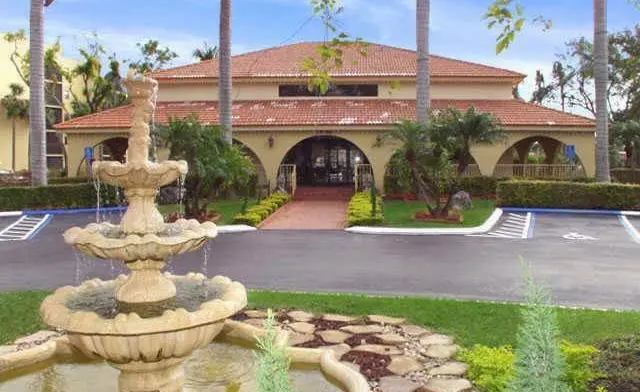
5 5 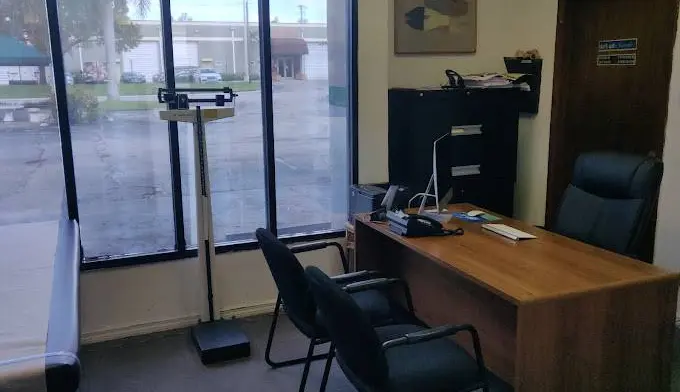
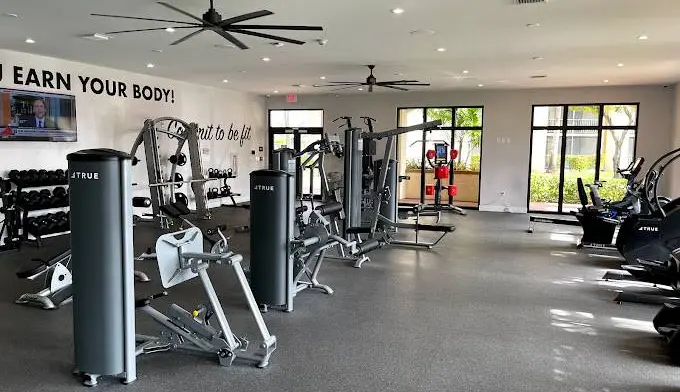

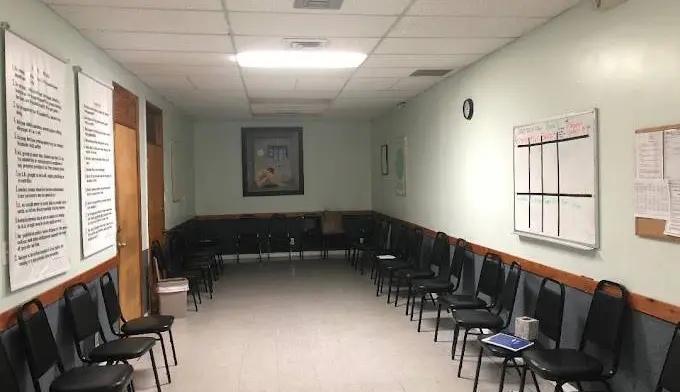
| |
Delray Beach, FL | Immersion Recovery Center is an alcohol and drug rehab center for adults in Delray Beach, Florida. They provide residential and outpatient services to help you address your addiction and create a foundation for long term recovery. They’re in network with most private insurance plans and also accept self pay. One unique thing about this facility i | Treatments Programs Payment Options | Thank you Andrew for your help with great communication and speed with getting us the help we needed today! Keep up the great work! 🙌💛
Dane Michael
2 months ago
Residential was ok PHP was great. Kelly and LeRae are both AMAZING.
Chad White
2 months ago
I just want to say a big thank you to all the staff nurses,doctors,etc I was there last year going through a very rough time in my life everyone was extremely compassionate and sensitive to my care no one made me feel out of place everyone helps you get adjusted and gets you the proper care you need I highly recommend checking into immersion it absolutely saved my life! 🤙💪😁🥳🥳 **To the staff please feel free to contact me I would love to hear from yall updates went forward out of there and never went back to that lifestyle I 100% could not have done it without you thank you all so so so much 🤩😍👍👍👋👋 the programs that truly designed for success you just have to accept and surrender get outside your comfort zone and get better and the staff here will 100% make that possible above and beyond! THANK YOU 🤝 -Josh D.
Josh
6 months ago
| 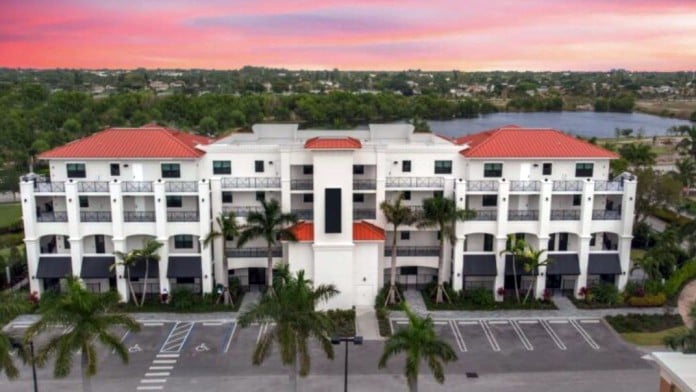
5 5 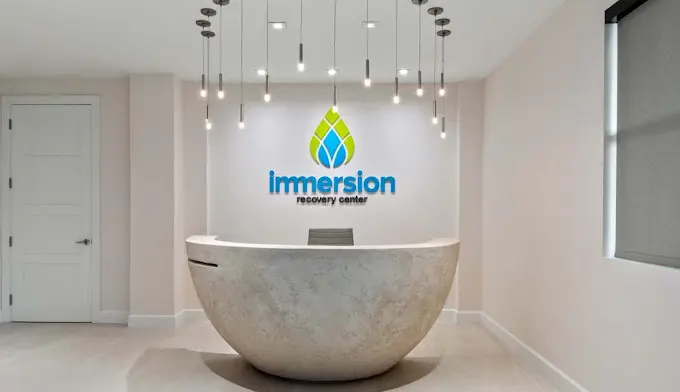
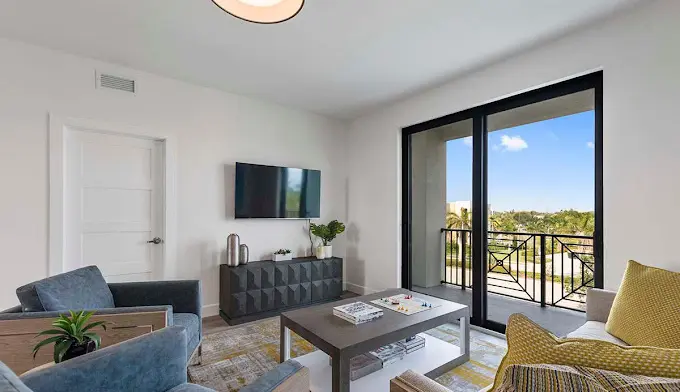

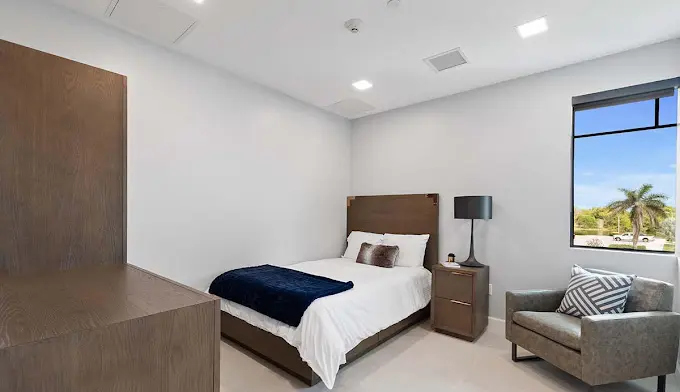
| |
Deerfield Beach, FL | Zinnia Health at Deerfield Beach, formerly called Crystal Lake Healing, offers drug rehab facilities and amenities for young adults and adults with substance use disorder and co-occurring mental health illnesses. This Deerfield Beach, Florida location provides medical detox, inpatient treatment, outpatient programs, recovery living, and aftercare s | Treatments Programs Payment Options | This place is ok. You have to realize this is Florida, so you are going to get cockroaches. Just ask staff for a fogger they are happy to get you one. I have had no problems with staff. Long days keeping you busy. Van rides get tiring. We do outings Everglades on a airboat was amazing all the Alligators was just coll. The best thing about this place is the LIV Program. Troy Adam Ericka, Daniel. Are the best we do all sorts of outings will miss them as going home soon. 🩷🐊
Trina Chambless
9 months ago
I have not personally had the experience of Recovery with Zinnia Health, but I do have friends that work there and I can not praise them enough as people. They are the hardest and kindest people who go above & beyond for their friends & patients!
sal jones
10 months ago
Amazing transition between there facilities, supportive environment and atmosphere.
Oscar Grajales
11 months ago
| 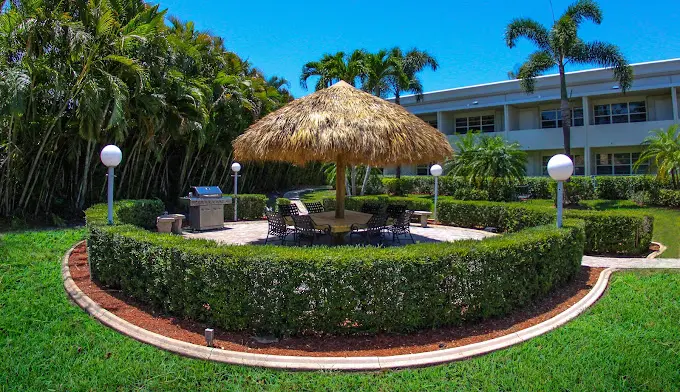
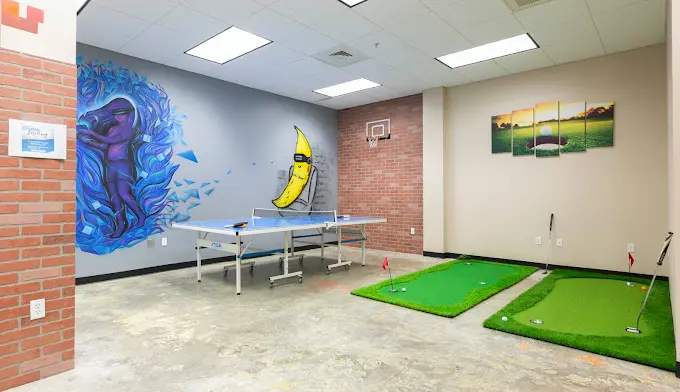
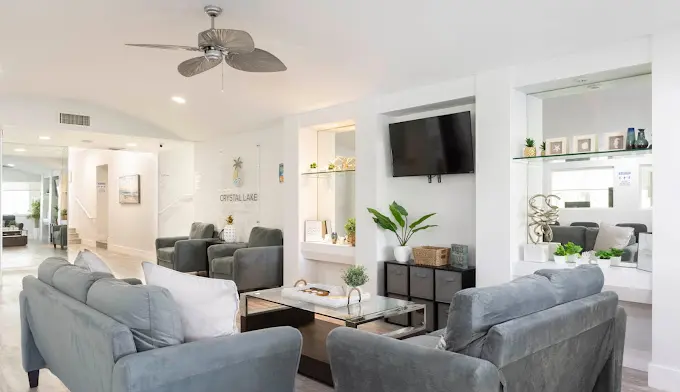
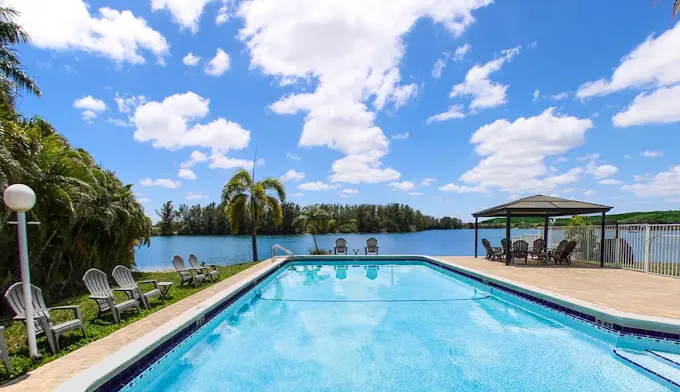
| |
Fort Lauderdale, FL | Agape Treatment Center | Mental Health & Substance Abuse Treatment Center in Fort Lauderdale, Florida, specializes in treating men, women and veterans who are struggling with co-occurring mental health and substance use disorders. They provide high quality treatment, evidence based therapies and supportive services to help you recover. Where they a | Treatments Programs Payment Options | Great ambience! Really helpful therapy and skill development. Met amazing people and friends. 100% recommend.
Joshua rosa
1 month ago
Medical staff were excellent. Dr. Smith explained every med adjustment in plain language. No jargon, no confusion.
Jeremy Barry
3 months ago
Stephanie treated me like a person, not a number. Her CBT worksheets gave me real tools I still use. Some groups felt long, but I learned from them.
Debra Ham
3 months ago
| 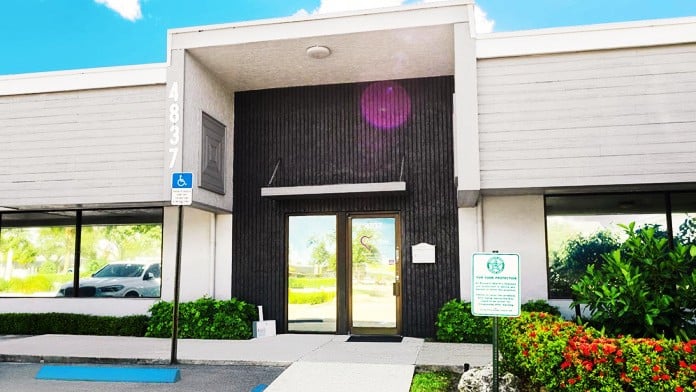
6 6 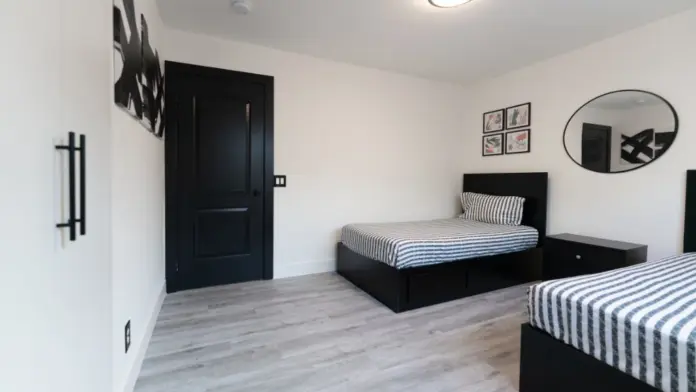
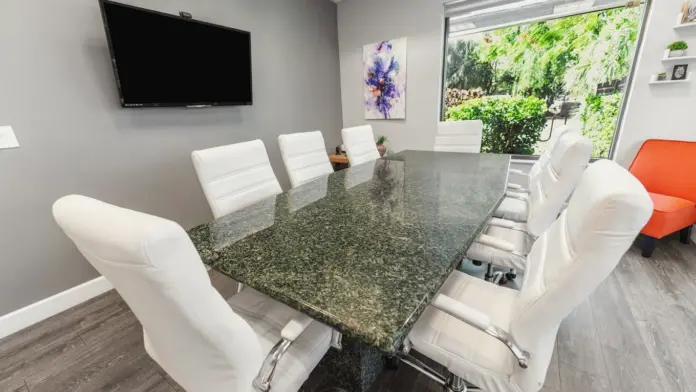
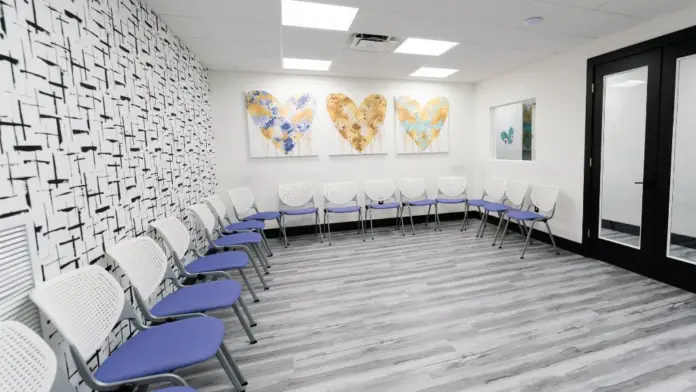
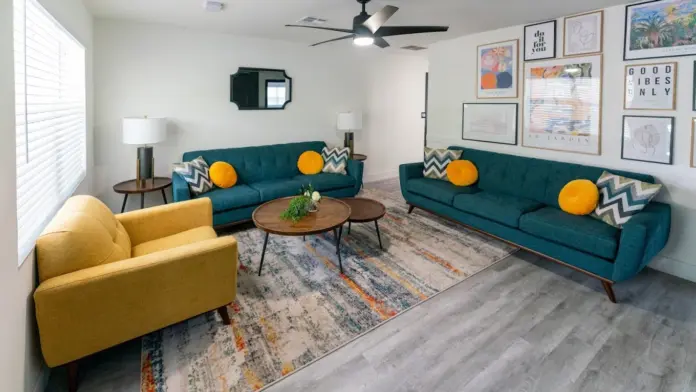
| |
Fort Lauderdale, FL | Recovery Unplugged provides substance abuse and mental health treatment in Fort Lauderdale, Florida. The residential program includes comfortable living spaces, a gym and recreational facilities, prepared meals and snacks and fully equipped music spaces. They also have outpatient programs for those needing more flexibility to continue working or at | Treatments Programs Payment Options | The people here know what its all about. You guys freakin rock man. love to all of you.
8 years ago
I am living proof that these types of treatment programs can and will work for the right person. I say the right person because you gotta be committed and have the willpower. Too many people get put in treatment and don't want to be there. Those people need to clear some space for those who actually want to be there, and want to continue living. Sorry, I went off like that, I just wanted to express how passionate I am.
8 years ago
Thanks for everything!!!
Alpha Sowe
1 month ago
| 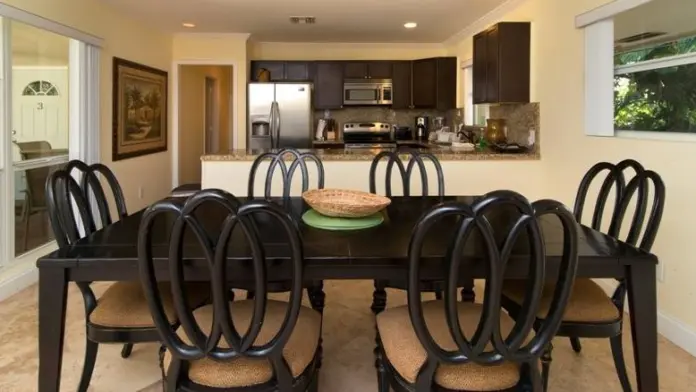
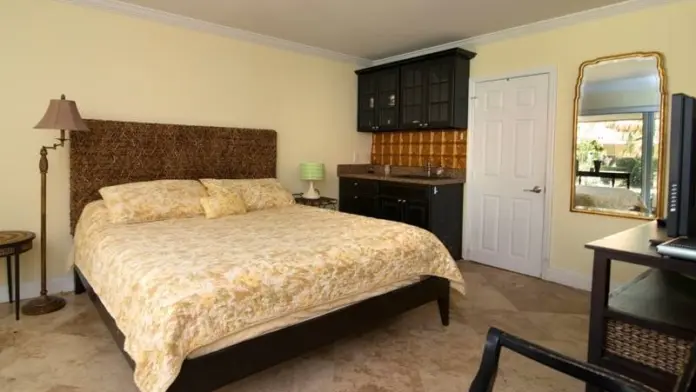
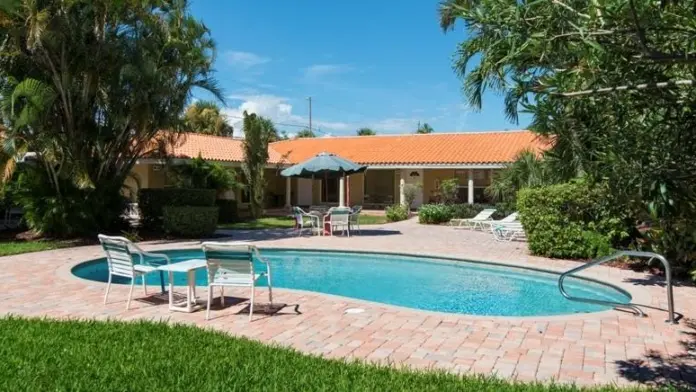
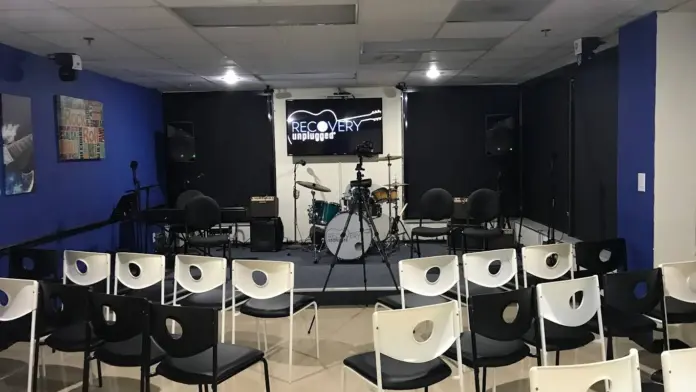
| |
Amity Palm BeachAd This is an ad and Amity Palm Beach is a paid advertiser. Paid advertisers may be listed first in search results. This ad may contain content provided by the advertiser. Rehab.com does not verify ad content or any reviews that are displayed. Learn More West Palm Beach, FL | Amity Palm Beach, located in West Palm Beach, Florida is a public alcohol and drug rehab that offers treatment for a variety of substance abuse addictions including alcoholism, co-occurring mental health disorders, and opiate addiction. They offer supervised medical treatment to safely manage withdrawal symptoms during detoxification, residential c | Treatments Programs Payment Options | View Website (609) 774-7156 | Amity Palm Beach has no reviews yet. Leave a review.
| 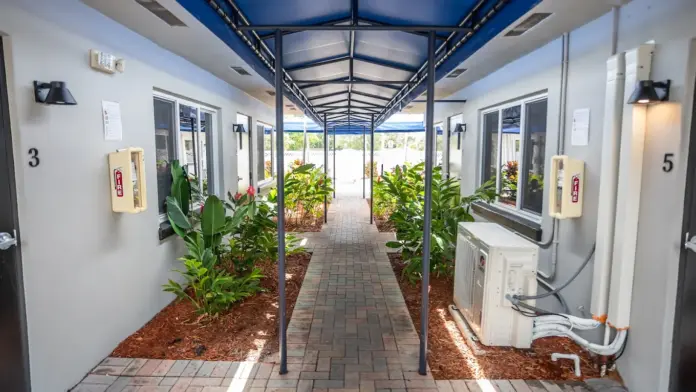
5 5 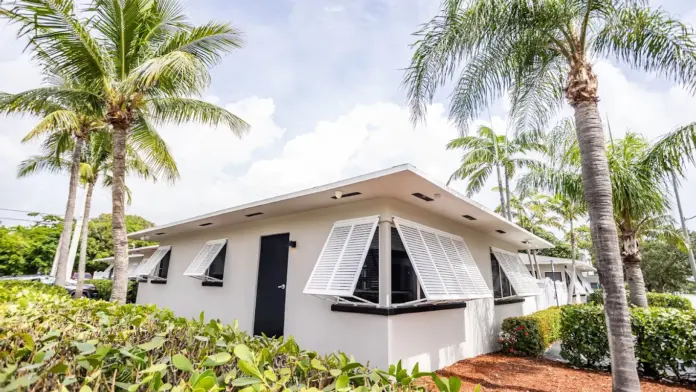
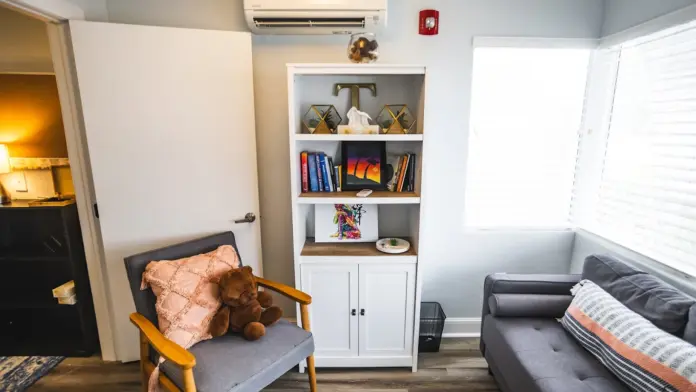
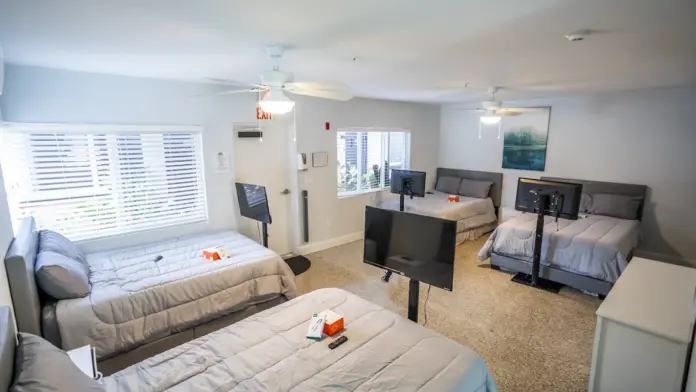
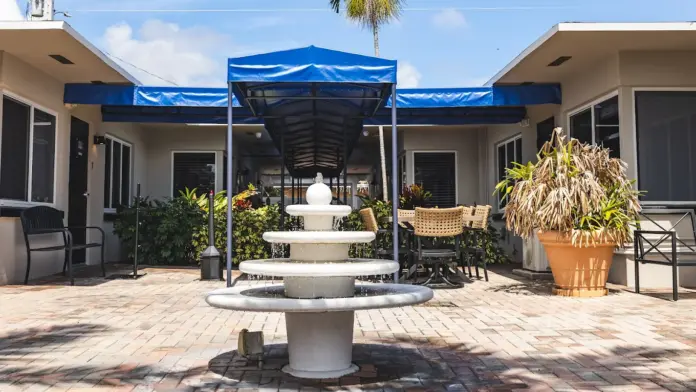
|
Deerfield Beach, FL | The Florida House Experience is an alcohol and drug rehab in Deerfield Beach, Florida. The center provides detox, medication assisted treatment, inpatient treatment, partial hospitalization programs, intensive outpatient programs, sober living, and aftercare programs for young adults and adults. The residential detox program features a secure envir | Treatments Programs Payment Options | We sent our son here over 10 years ago. He is still sober today. I pray he maintains his sobriety forever. We credit this facility and program coupled with our son's desire to get clean for his success. The family program was huge for us. We had no idea what we were dealing with until we were educated and enlightened by the experts here. There was group therapy for families without their person present, and also therapy with them included. Game changer. At the end of the program we understood what to do to help our son's recovery process. He received excellent care and support. He learned things he still uses today. We have our son back. Send your family member here. ❤️
Suzanne Fix
1 year ago
This program gets you back to where you need to be and want to be. Forever grateful for the experience and knowledge shared at Florida House. Our power lies within our freewill and our ability to choose wisely.
donna messina
2 years ago
Saved my life in Aug/sept 2022. Forever grateful 👍🙏🏻🙏🏻🙏🏻
Mad Ashell
2 months ago
| 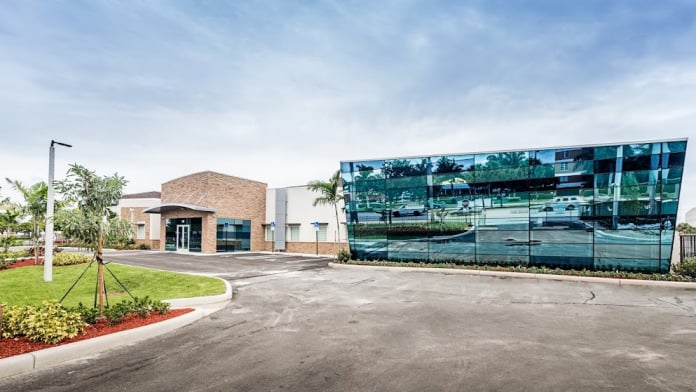
6 6 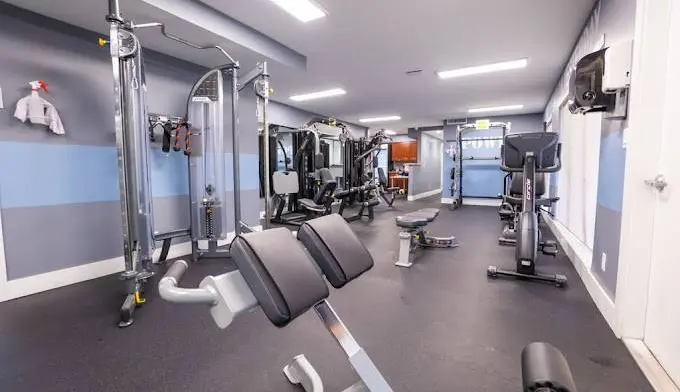
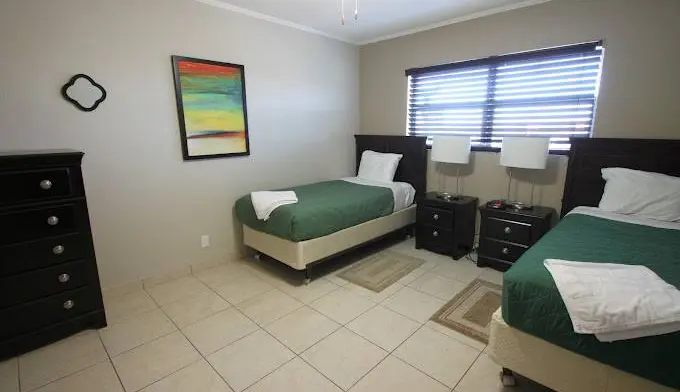
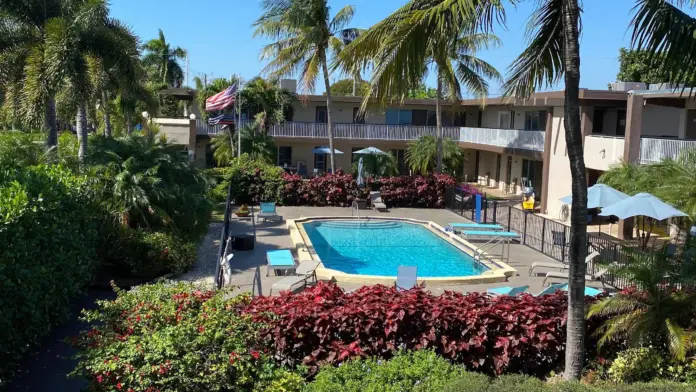
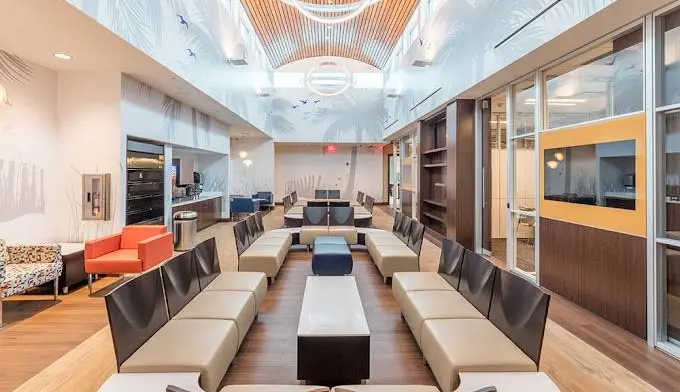
| |
Hollywood, FL | Compassion Behavioral Health, located in Hollywood, Florida, is an alcohol in drug rehab treatment center and mental health treatment center that provides treatment to adults aged 18 and older period their levels of care include residential, partial hospitalization, intensive outpatient, and traditional outpatient treatment. The residential progr | Treatments Programs Payment Options | Compassions rehab has given me the hope I need to succeed in recovery. The staff is "off the hook"! Tori and Kelly are amazing. Both ladies are very intelligent and have the knowledge about what it takes to continue recovery after compassions. They are extremely hands on with all the patients making sure their needs are met in n out of CBH. Dara is a fantastic therapist and it has been my privilege to have worked with such a wonderful woman. Greg is also a great therapist and brings different qualities to the table that Dara does not specialize in yet. Unfortunately I never had the opportunity to work with Jen but she seemed to be therapuetically inclined as well as fun loving. Between the clinical team and the techs (especially Jimmy & Armondo) I could not have asked for more. The only issue 4 me was the dual diagnosis because i never struggled with mental health issues but it taught me to be less ignorant and more tolerant of people dealing with those problems. Love <3 CBH!
6 years ago
Life changing experience. The staff was caring and compassionate. I found hope and answers here. I knew this was my last chance at a healthy and happy life. My counselor Greg is beyond amazing! I connected with him from day 1. He provided a safe and nurturing atmosphere which made me feel that I mattered. I am continuing my recovery. Thanks in part to Compassions, I am finishing my degree in Human Services.
6 years ago
I am a union rep who refers my members for treatment, I deal with dozens of treatment facilities all across the country, I have used Cbh many times, for my members and there families. I can safely say they are hands down the BEST clinical staff I have ever dealt with! The care received at facilities is very, very successful and they stay in touch with there clients for years after they leave, nobody else comes close to that level of concern. Dara is by far the best clinician I’ve ever worked with, Tori and Jennifer are on top of all our needs and I can speak to the owner Matt at any time. The best thing I can say about Cbh is if one of my children ever needed treatment I would send them to Cbh immediately, there is no higher praise than that! Thank you for all you do for my members and there families
6 years ago
| 
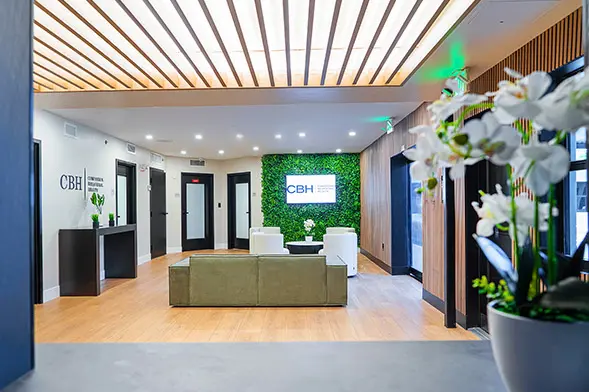


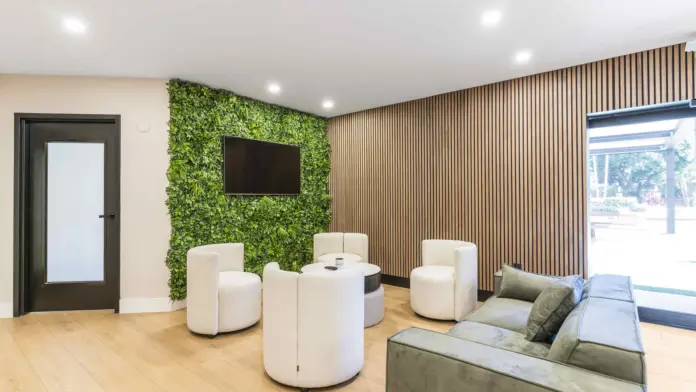
| |
Delray Beach, FL | The Beachcomber Recovery is a residential alcohol and drug addiction treatment facility in Delray Beach, Florida. Clients who need to undergo detox will be monitored by medical professionals to make sure they have a safe withdrawal process. After a client has been stabilized, they’ll begin counseling, which will focus on developing healthy coping | Treatments Programs Payment Options | I’ve learned a lot from tbt I’ve been in many treatments centers but tbt have the best staff techs and etc really changed my life for the better
Jordan James
1 month ago
I love the beach comber! Has changed my life. I still come by for alumni BBQs.
Jessie Walts
2 months ago
I went to The Beachcomber in 2020 after 12 years struggling as an alcoholic. What I walked into wasn’t what I expected after a few stints at other rehabs. They were tough, hard on us. They spoke the truth which is something I hadn’t heard. I didn’t get sober as soon as I left, but I did soon after and I am so thankful for the experience I had there. I advise anyone to send their loved one there for a chance at a real and amazing life. Thank you to the Beachcomber.
Whitney Burns
1 year ago
| 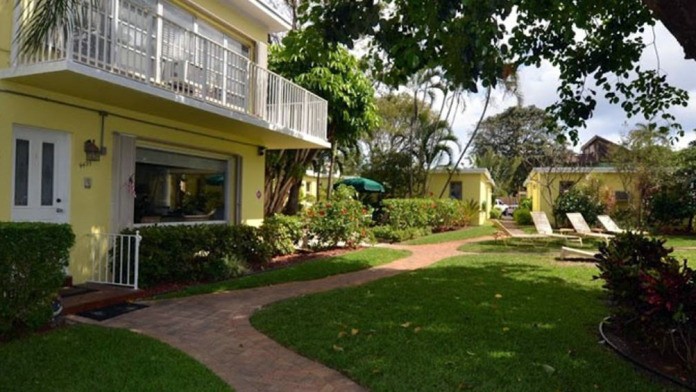
6 6 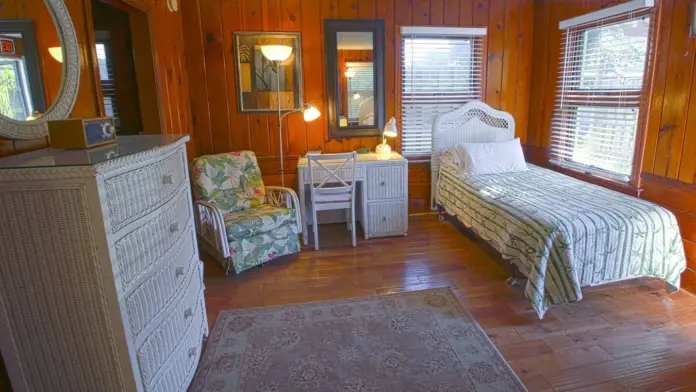

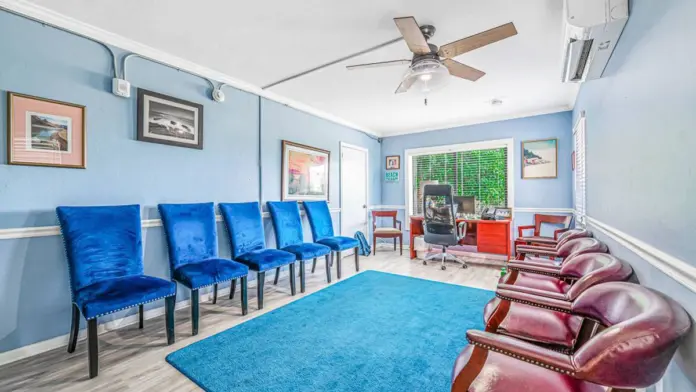
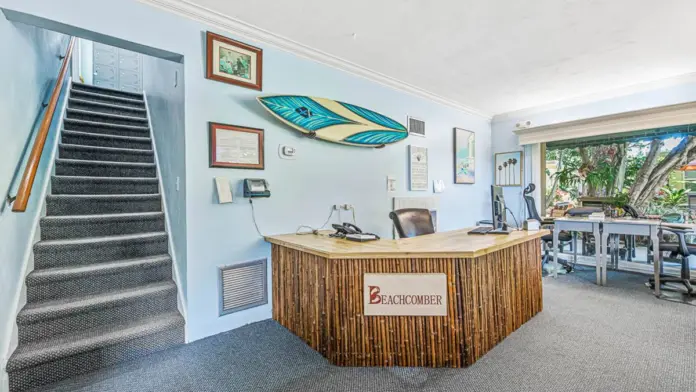
| |
North Miami Beach, FL | South Beach Detox is located in North Miami Beach, Florida. The center is accredited by The Joint Commission. They are also licensed by the State of Florida Agency for Health Care Administration and the Department of Health and Human Services. The center offers addiction and mental health treatment to adults. You’re also able to receive dual di | Treatments Programs Payment Options | The pics of this place doesn't do it justice. It's soooo nice my friend is still clean after leaving here. I recommend south beach detox to anyone who wants to quit drinking
6 years ago
Thank you SBD !!! I want to personally thank all of the staff who made my treatment a great and confortable Jorge Darren Kayley Josh Alex David !! Every one from doctors to the housekeeper made me feel confortable and welcomed and walked me through every step . Thank you !
6 years ago
I really would like to thank all staff at South Beach Detox, they were so friendly and helpful. We enjoyed the detox experience, and we had very good result at the end. Thanks to everyone there for everything.
7 years ago
| 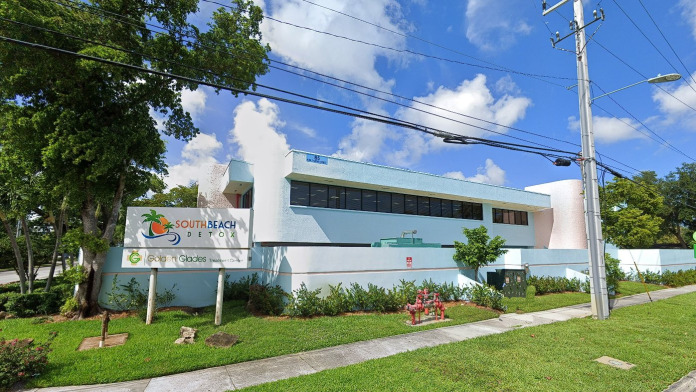
4 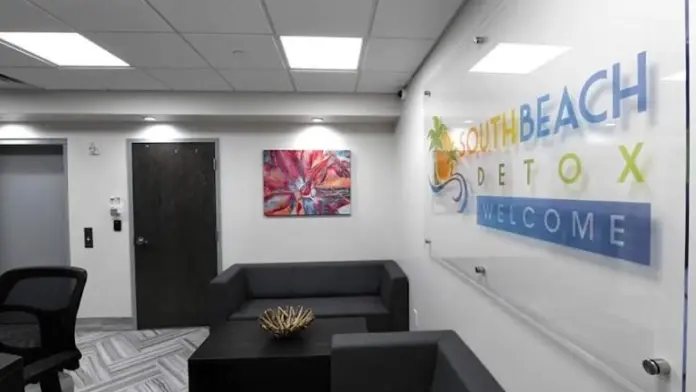
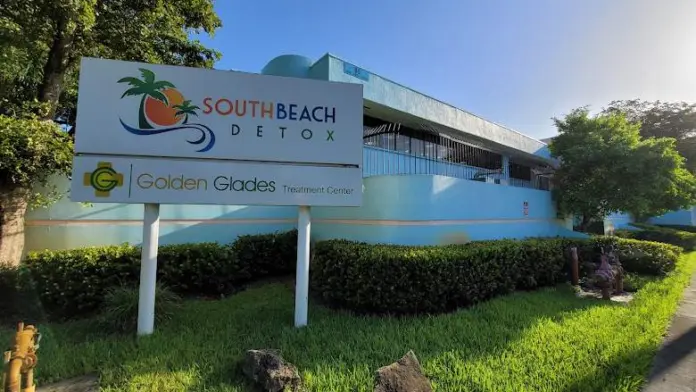
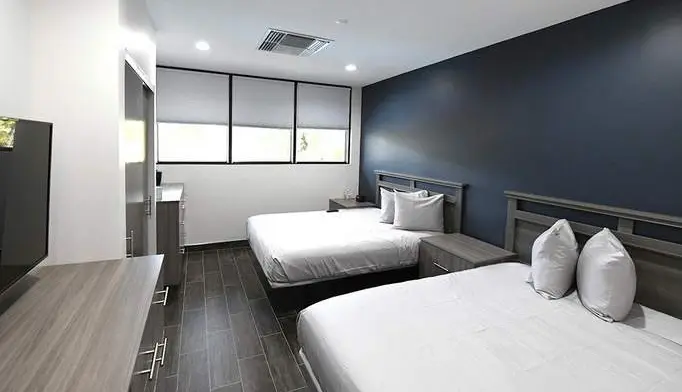
|

Florida is ranked 21st nationwide in terms of addiction treatment affordability, with an average cost of addiction treatment of $56,640.
The costs of drug and alcohol rehab in Florida vary widely and depend on several factors, including:
The costs of addiction treatment listed for cities and states are averages based on the cost of the treatment types listed above. These averages are high due to the cost of medical detoxification and residential inpatient rehab programs.
These numbers also reflect the raw cost of drug rehab, before any insurance coverage. The typical individual seeking addiction treatment can expect to pay much less for outpatient or intensive outpatient services than the averages listed below.
There are many ways to pay for drug rehab in Florida. Most treatment centers accept cash or self-payment, as well as private health insurance. However, there are many treatment centers in Florida that accept Medicaid and Medicare, or offer sliding scale payments or other low-cost payment options. Here’s the complete breakdown of how to pay for addiction treatment in Florida.
Aetna is the most widely-accepted insurance for drug rehabs in Florida, with 441 treatment centers in the state accepting their insurance. Blue Cross Blue Shield is the 2nd most popular with 401 treatment centers accepting it followed by Cigna in 3rd accepted by 356 drug rehabs.
Florida is ranked 40th nationwide in drug rehab admissions, with 195 rehab admissions per 100,000 population in 2023, which is significantly lower than than the U.S. national average of 621 admissions per 100,000.
The following are the number of Florida rehab admissions in 2023 for each of the 6 most frequently used drug classes, as well as the relative percent for each type of drug.
Source: Substance Abuse and Mental Health Services Administration. National survey of substance abuse treatment services (N-SSATS).
Florida is ranked 25th nationwide in terms of annual drug overdoses, with an average of 30.0 overdoses per 100,000 population and a total of 6,896 overdoses in 2023. Opioid abuse accounted for 71% of all drug overdoses in Florida, with a total of 4,910 opioid overdoses in 2024.
Centers for Disease Control and Prevention. Provisional drug overdose death counts. U.S. Department of Health and Human Services.
Florida is ranked 40th for drug and narcotics-related violations, with an estimated 235 narcotics citations per 100,000 population which is lower than the National Average of 421.
All values are per 100,000 population.
Federal Bureau of Investigation. Crime data explorer: Crime trends. U.S. Department of Justice.
Florida has the 49th highest rate of drunk driving in the nation, with a total of 67 DUI arrests per 100,000 people in 2023 (and 15,107 total DUI arrests).
All values are per 100,000 population.
SafeHome.org. DUI statistics and trends.